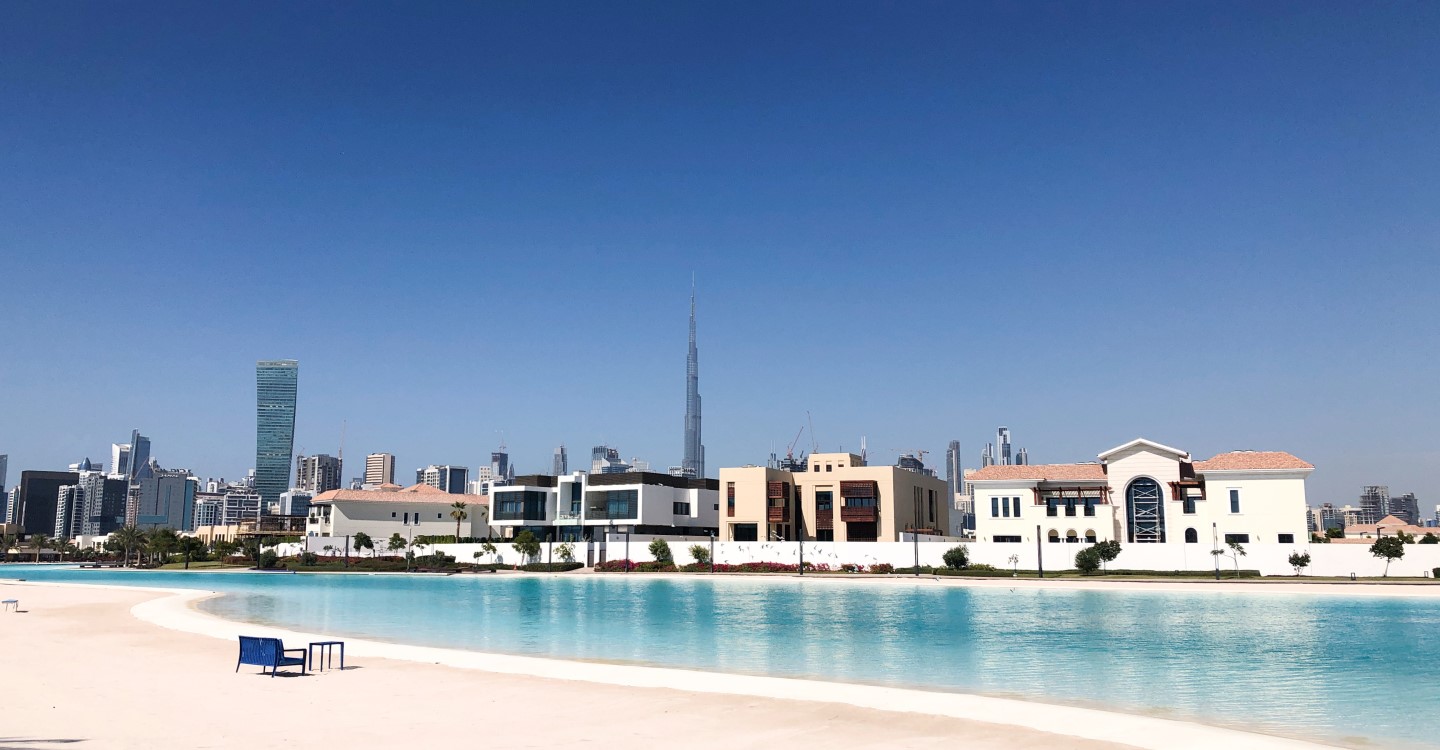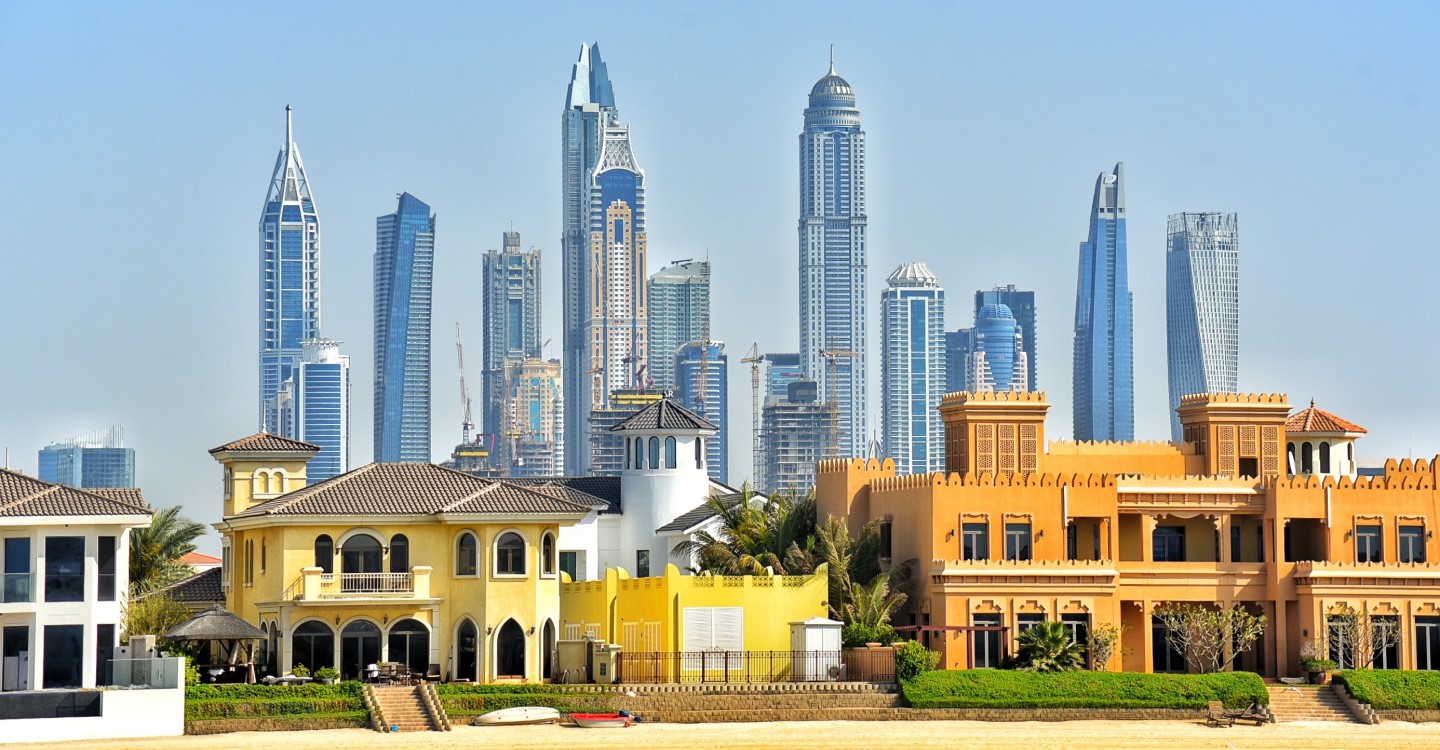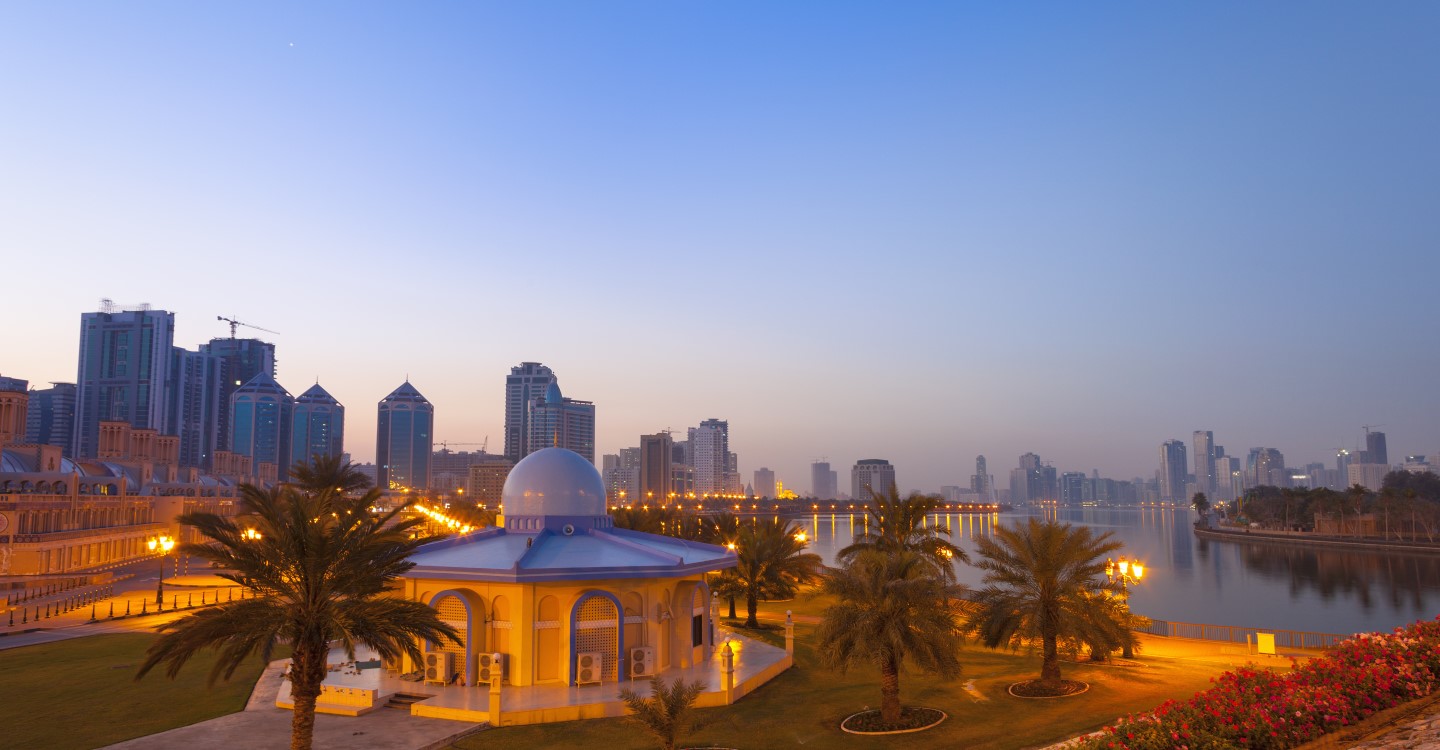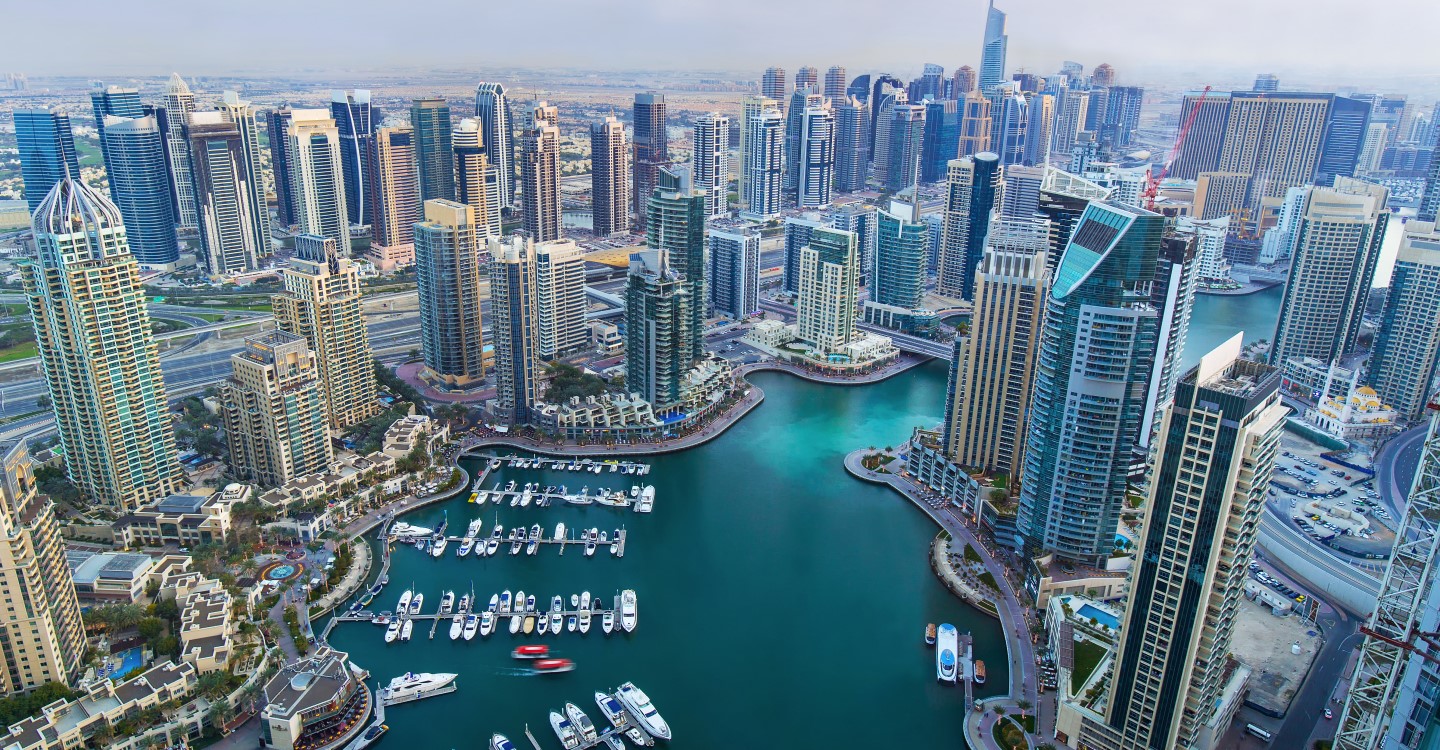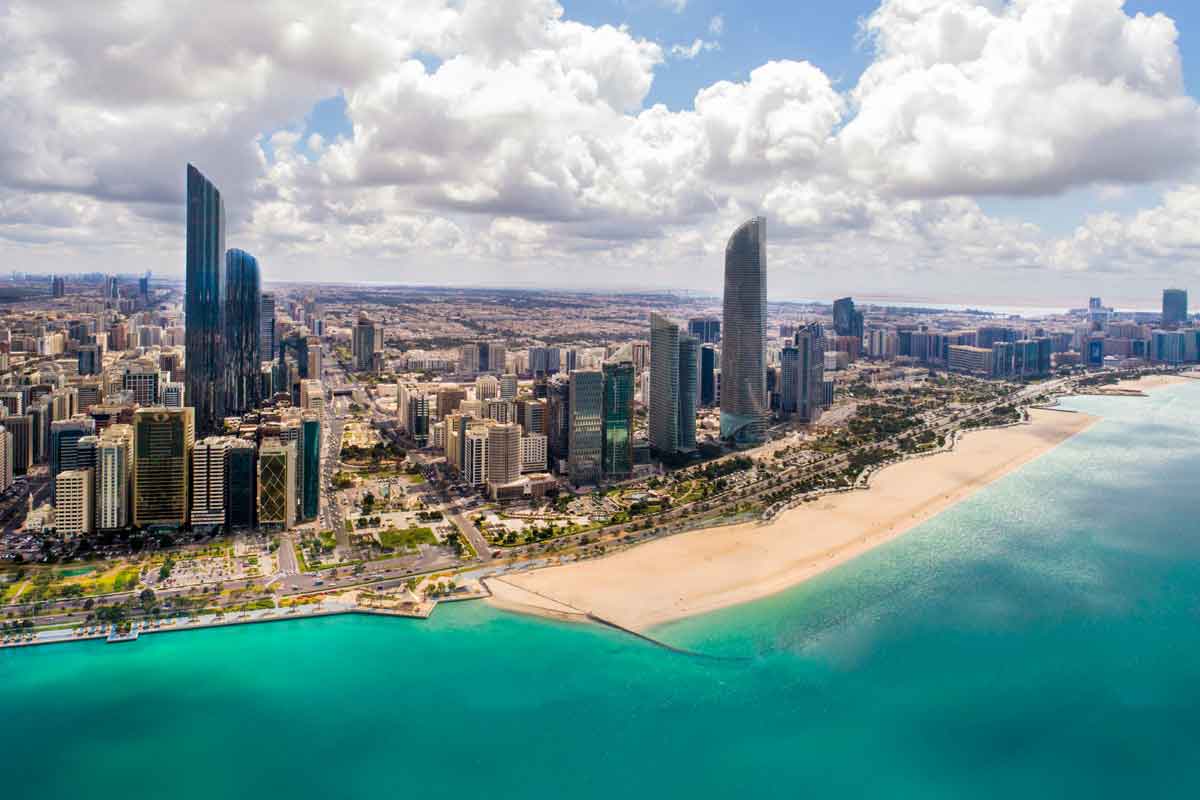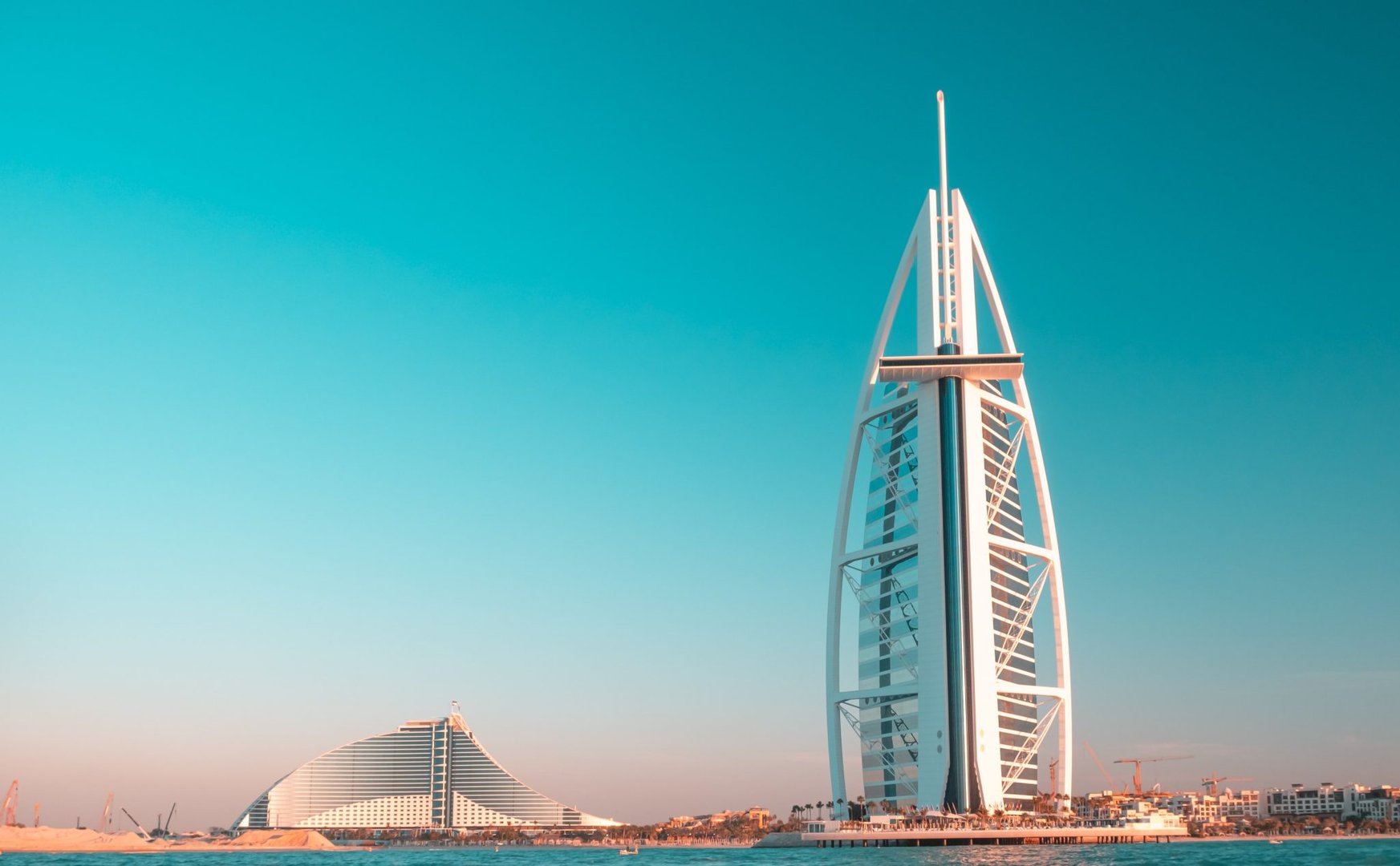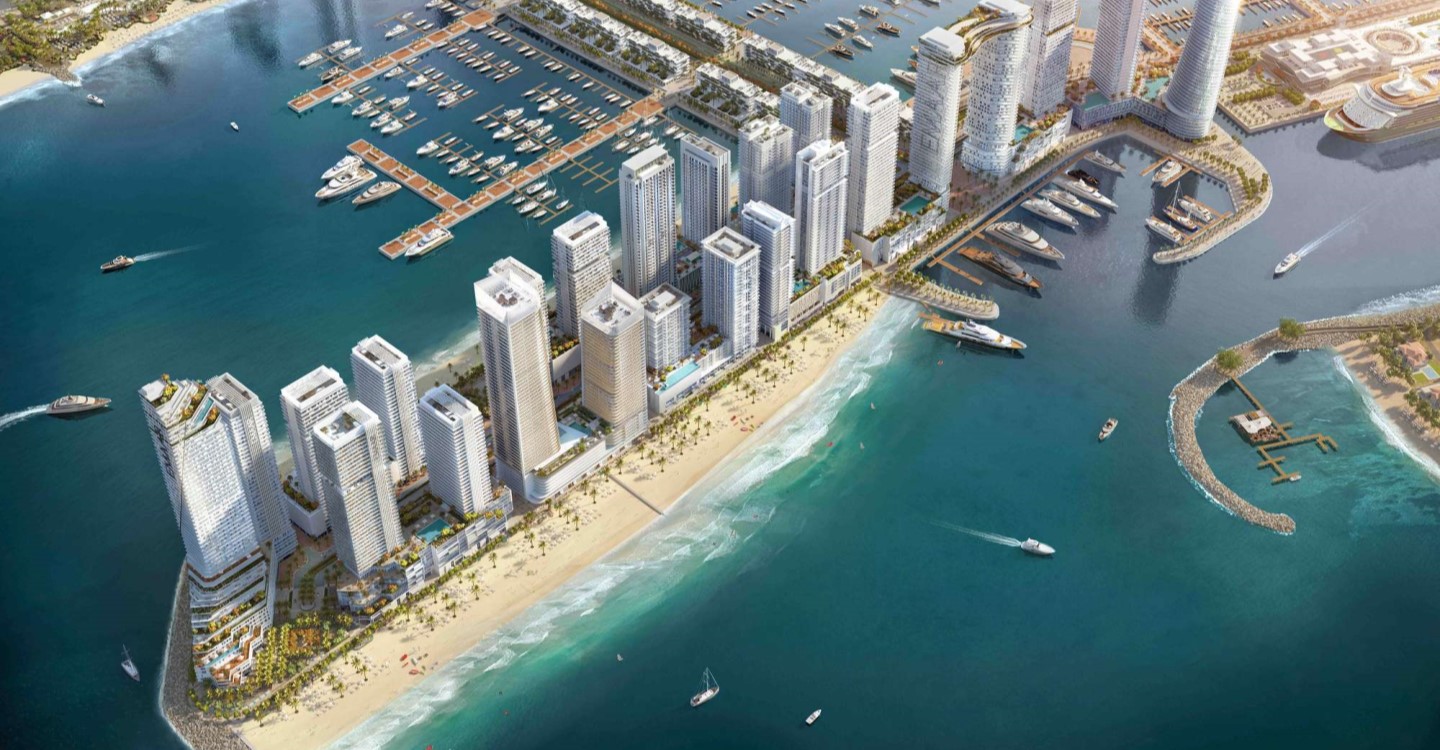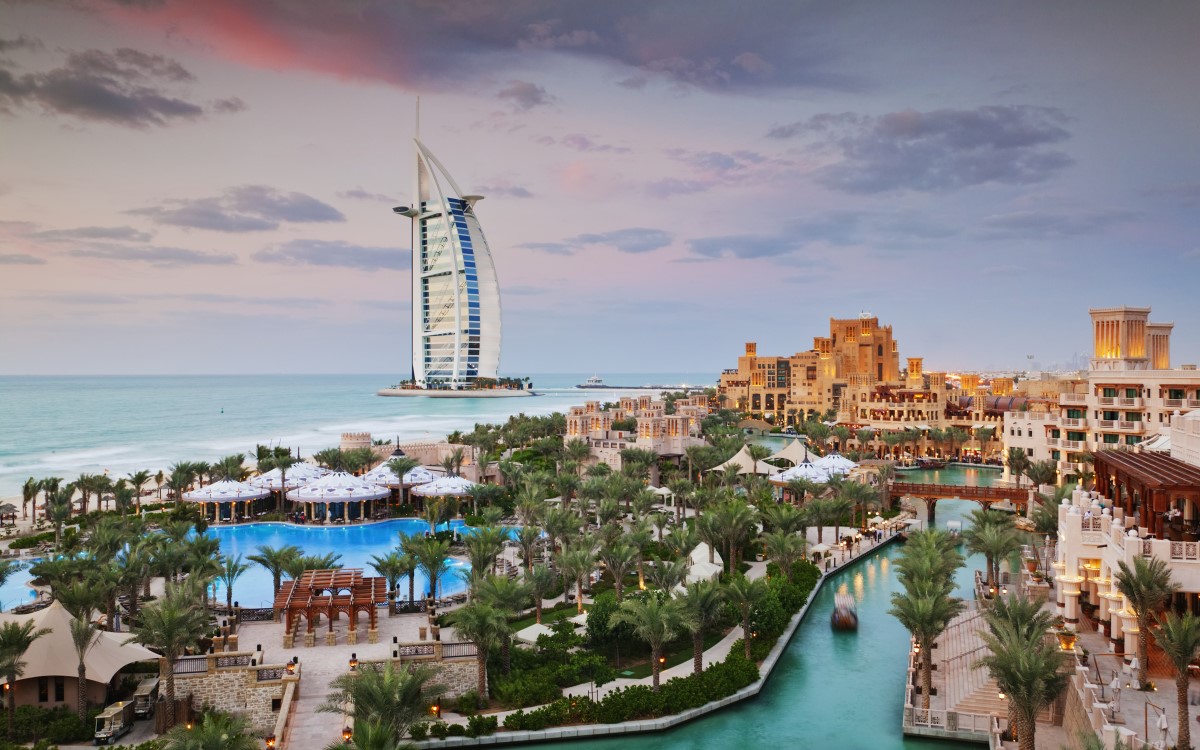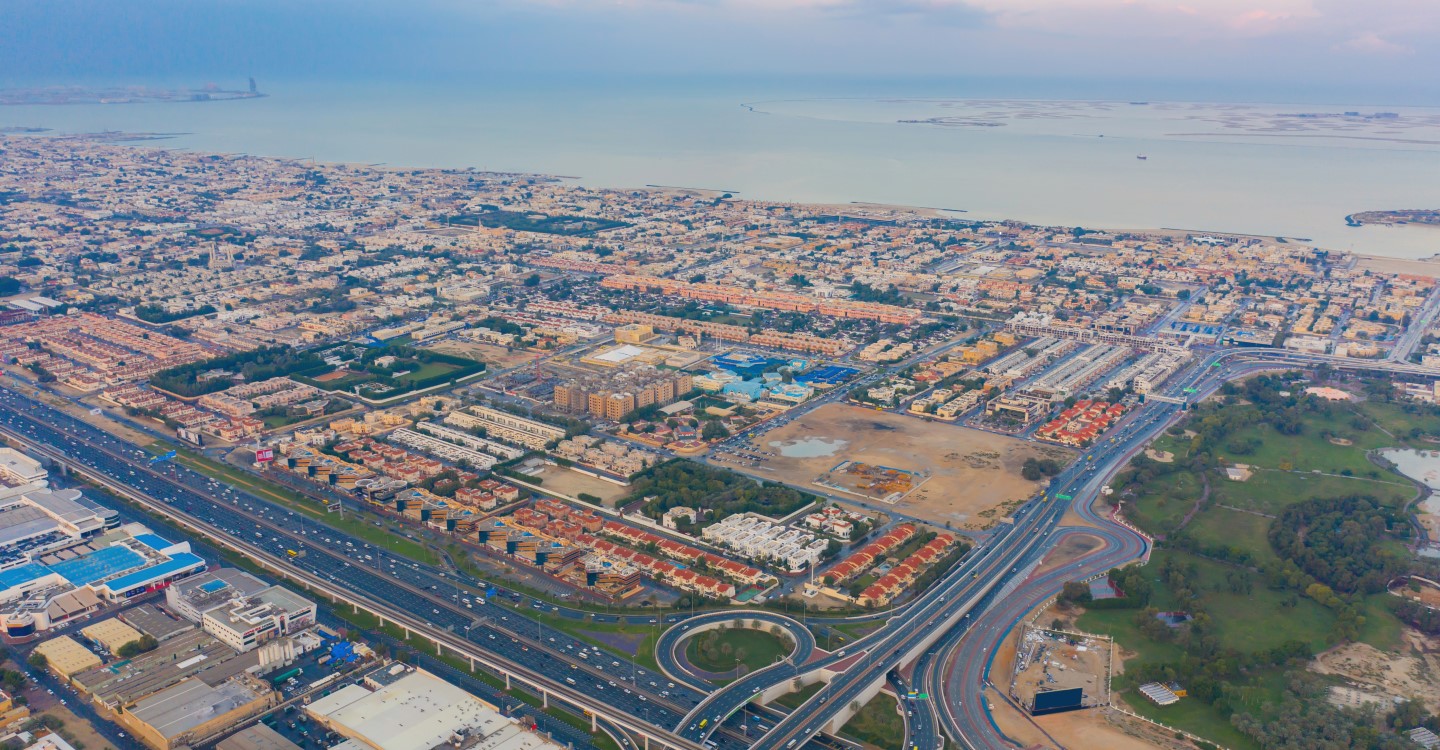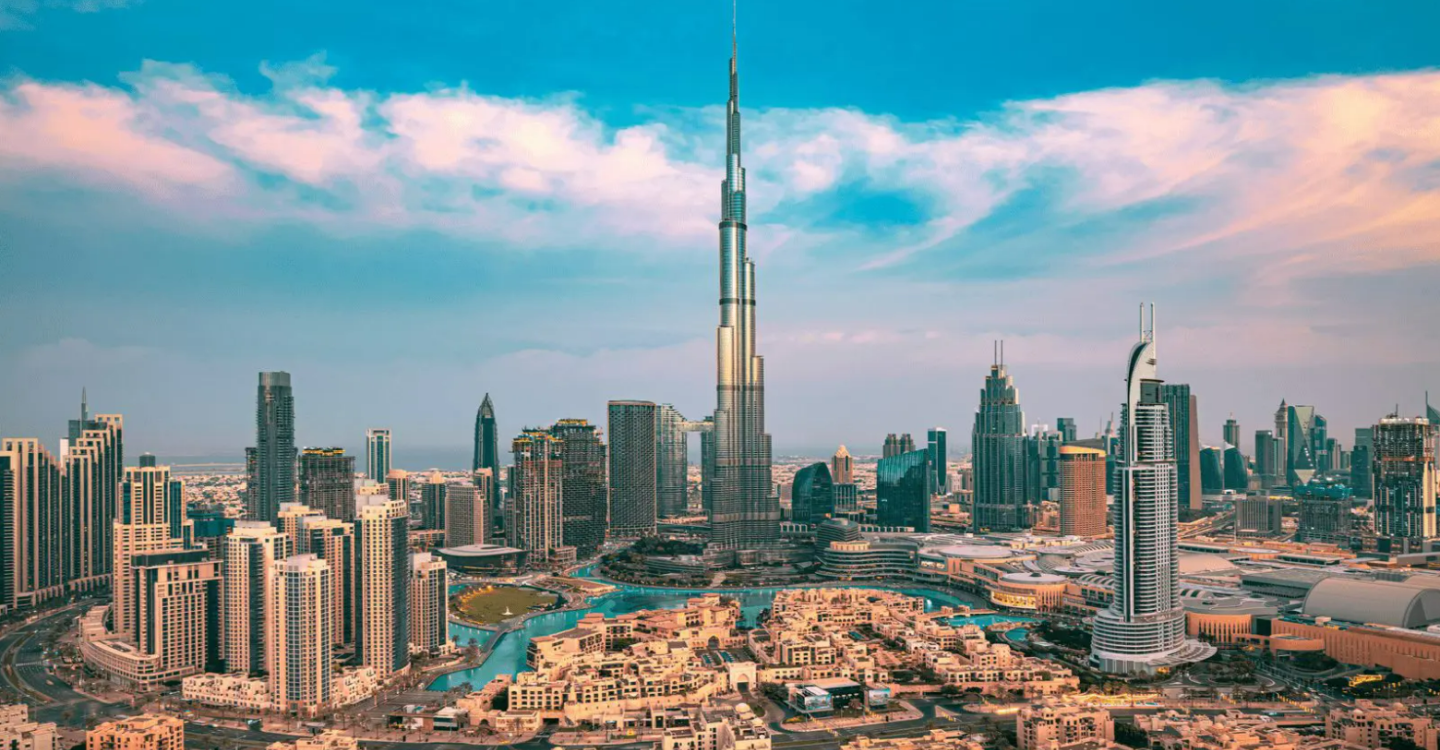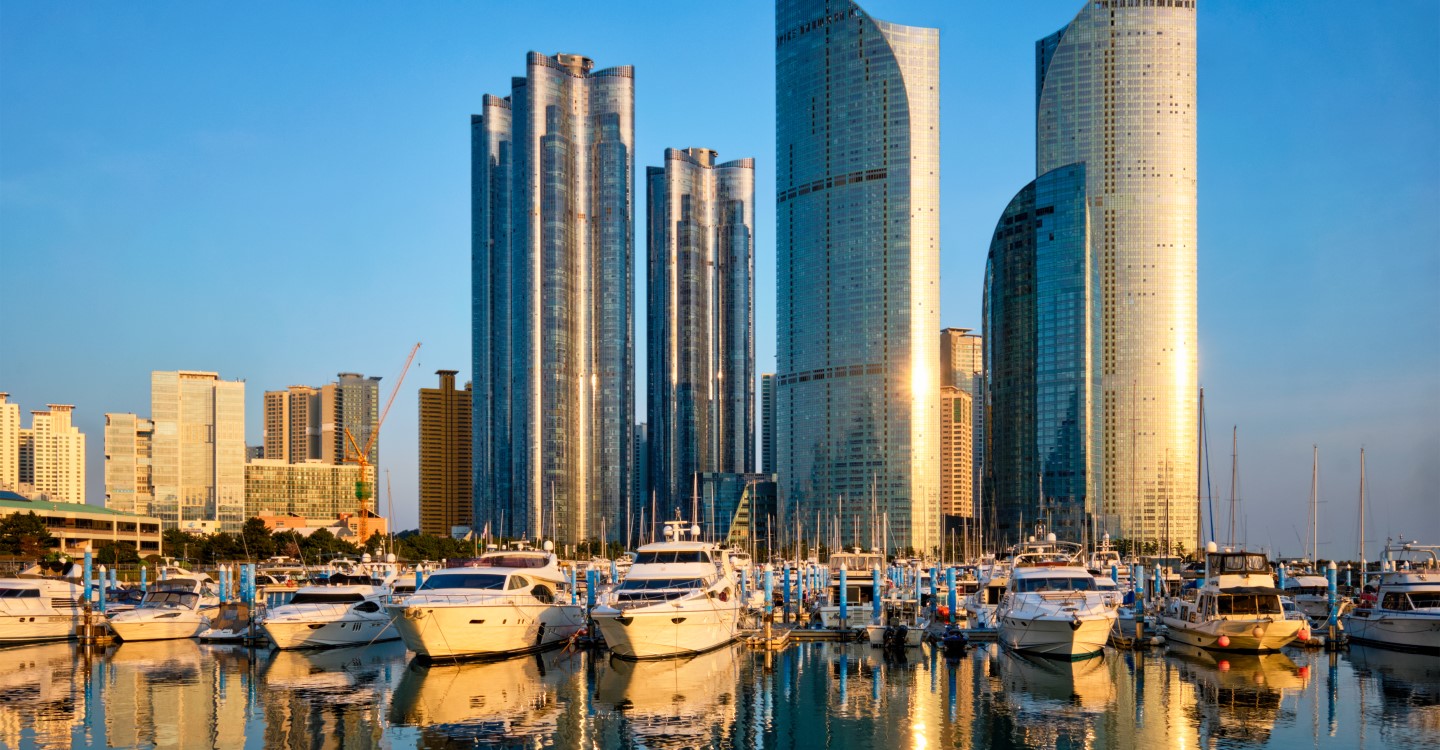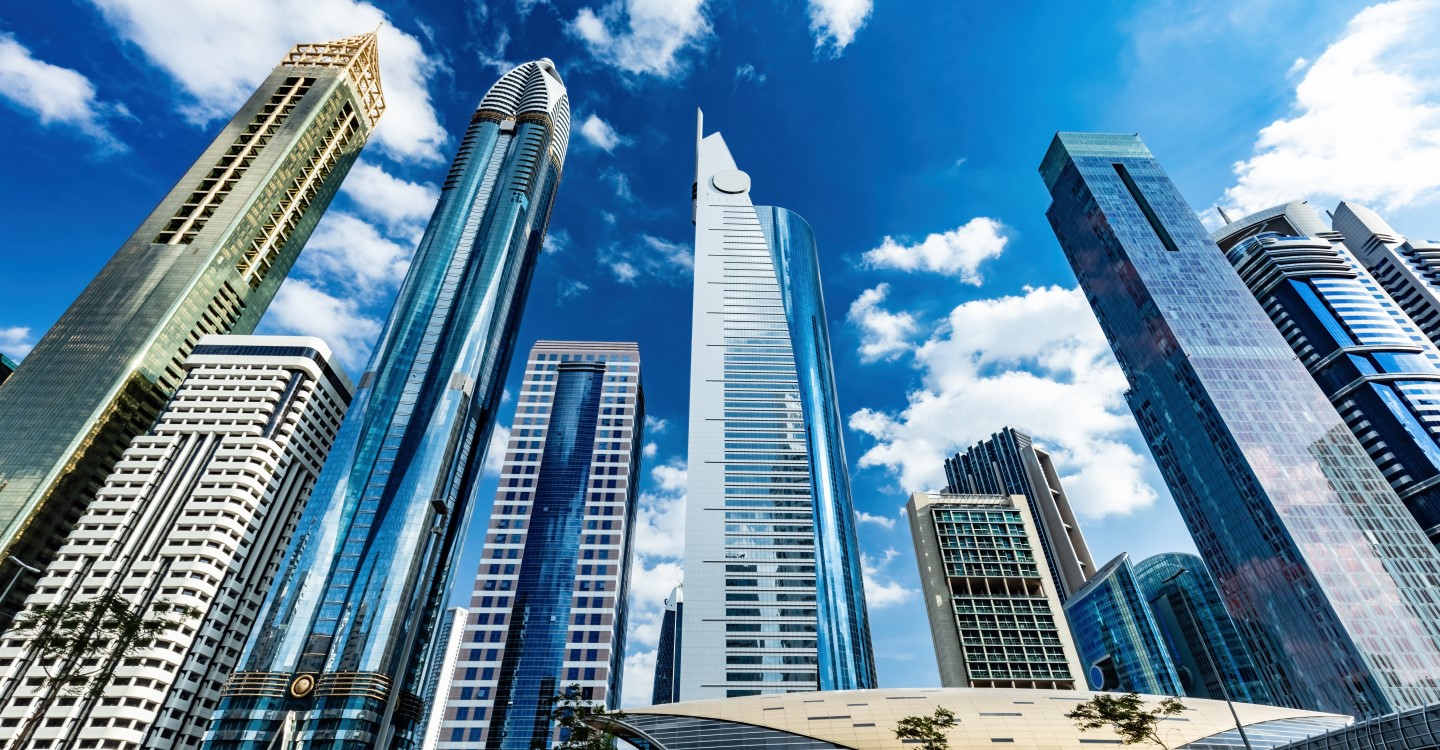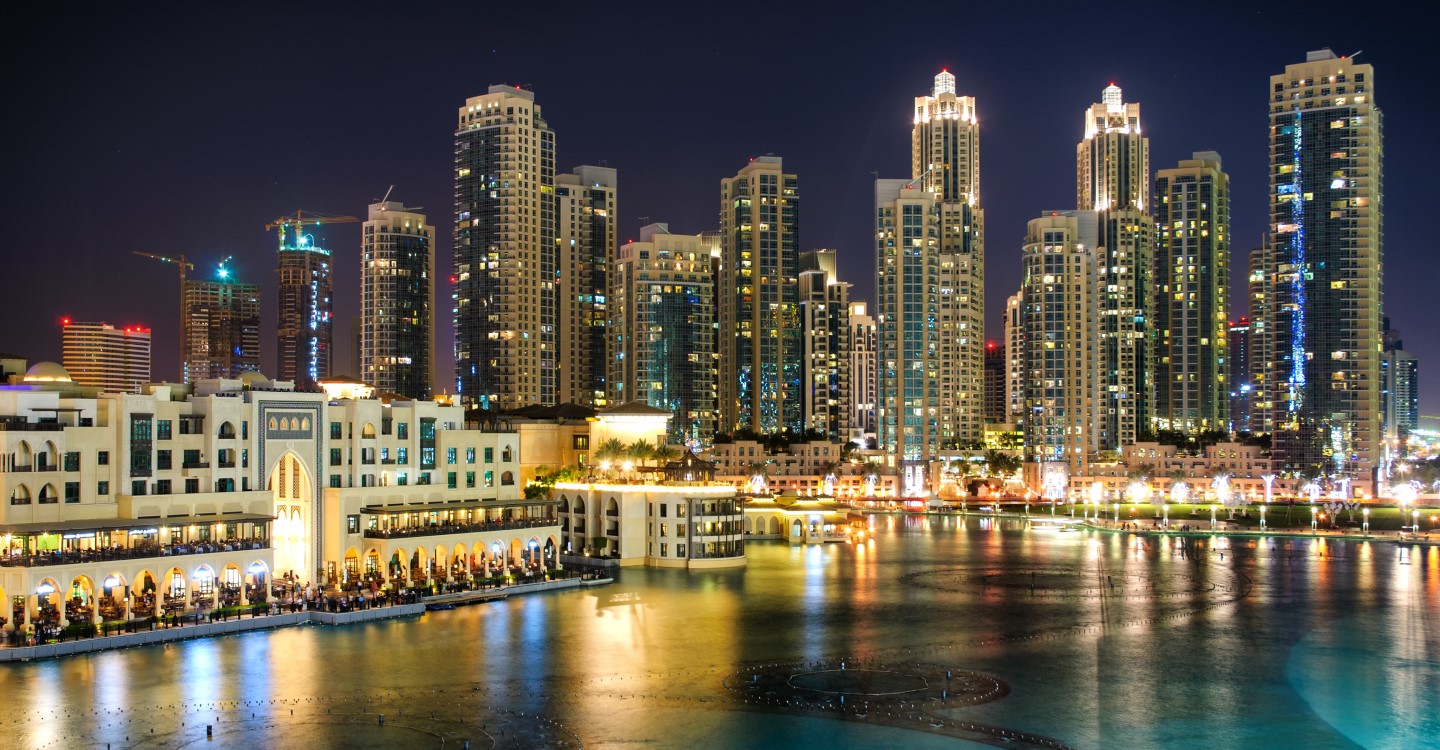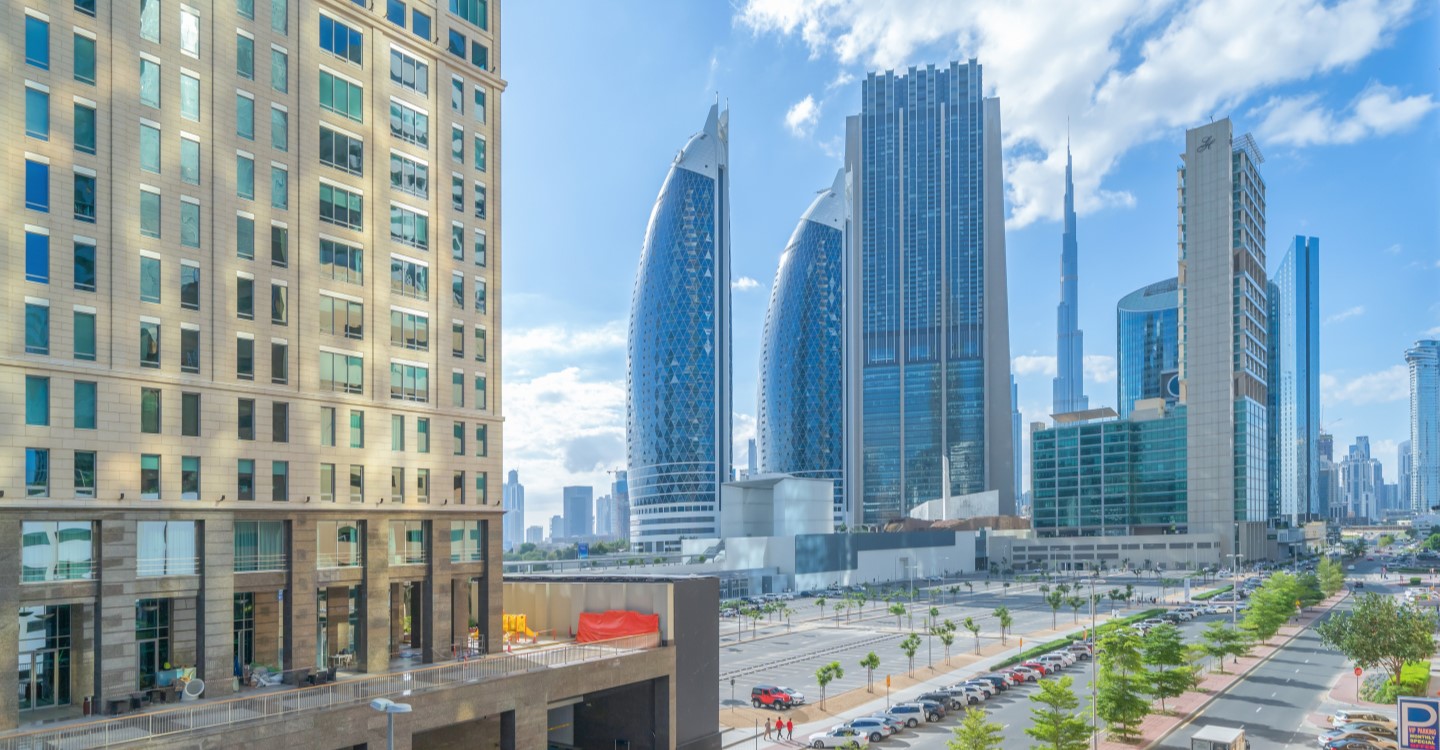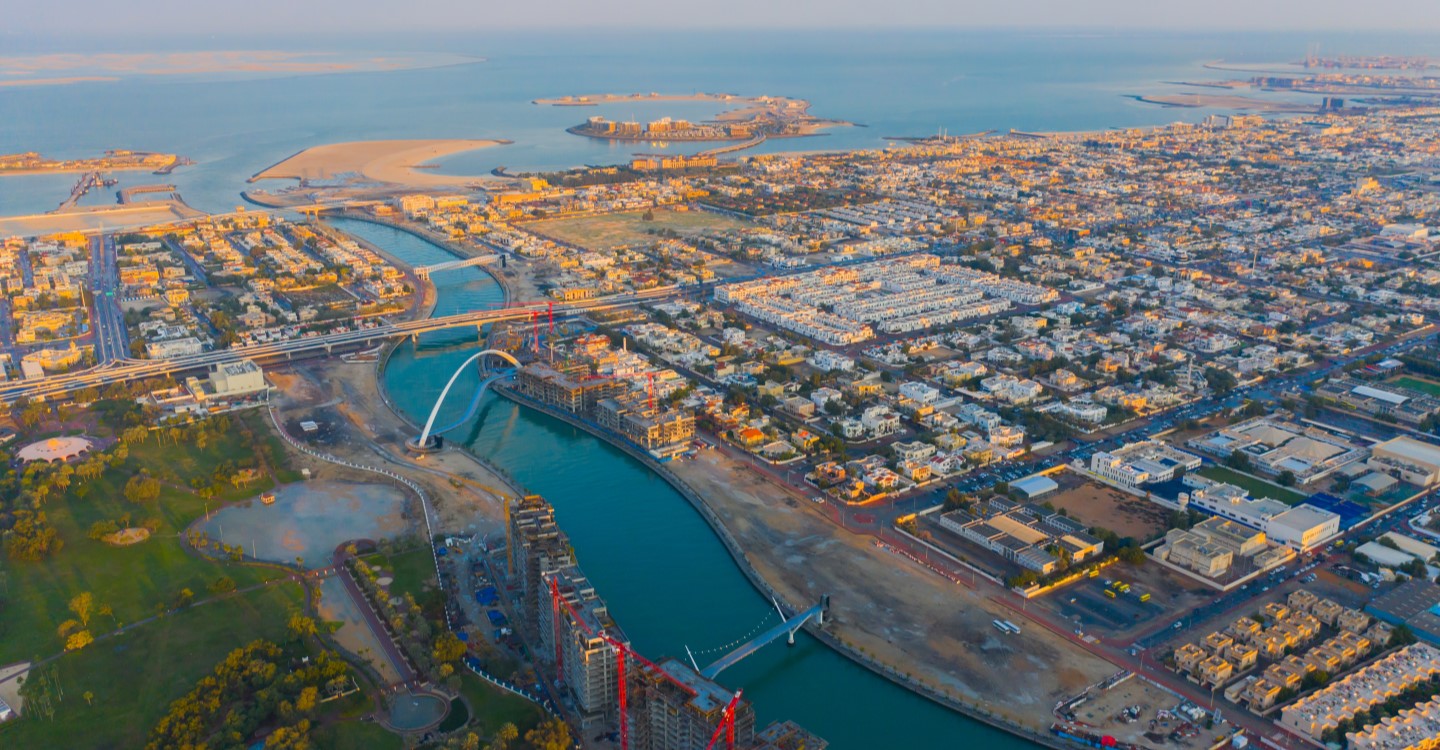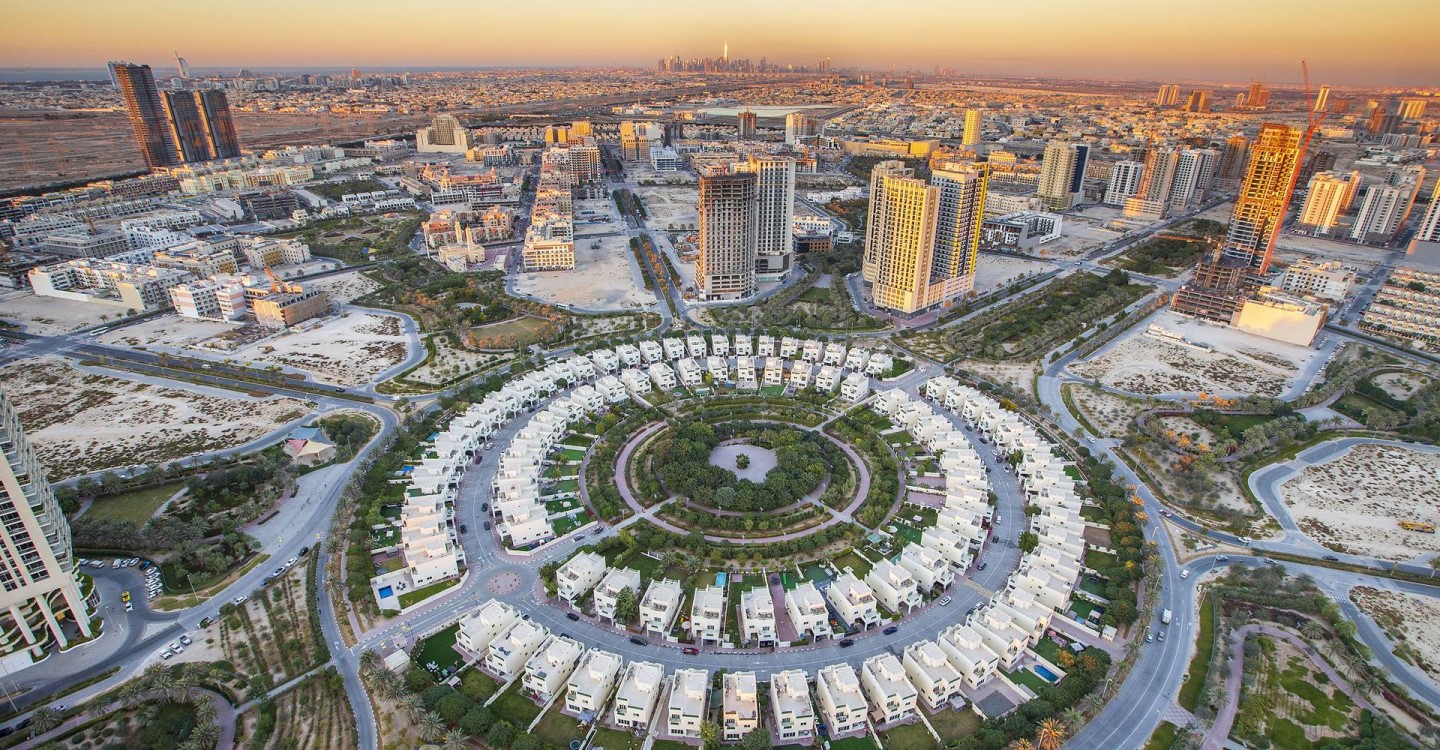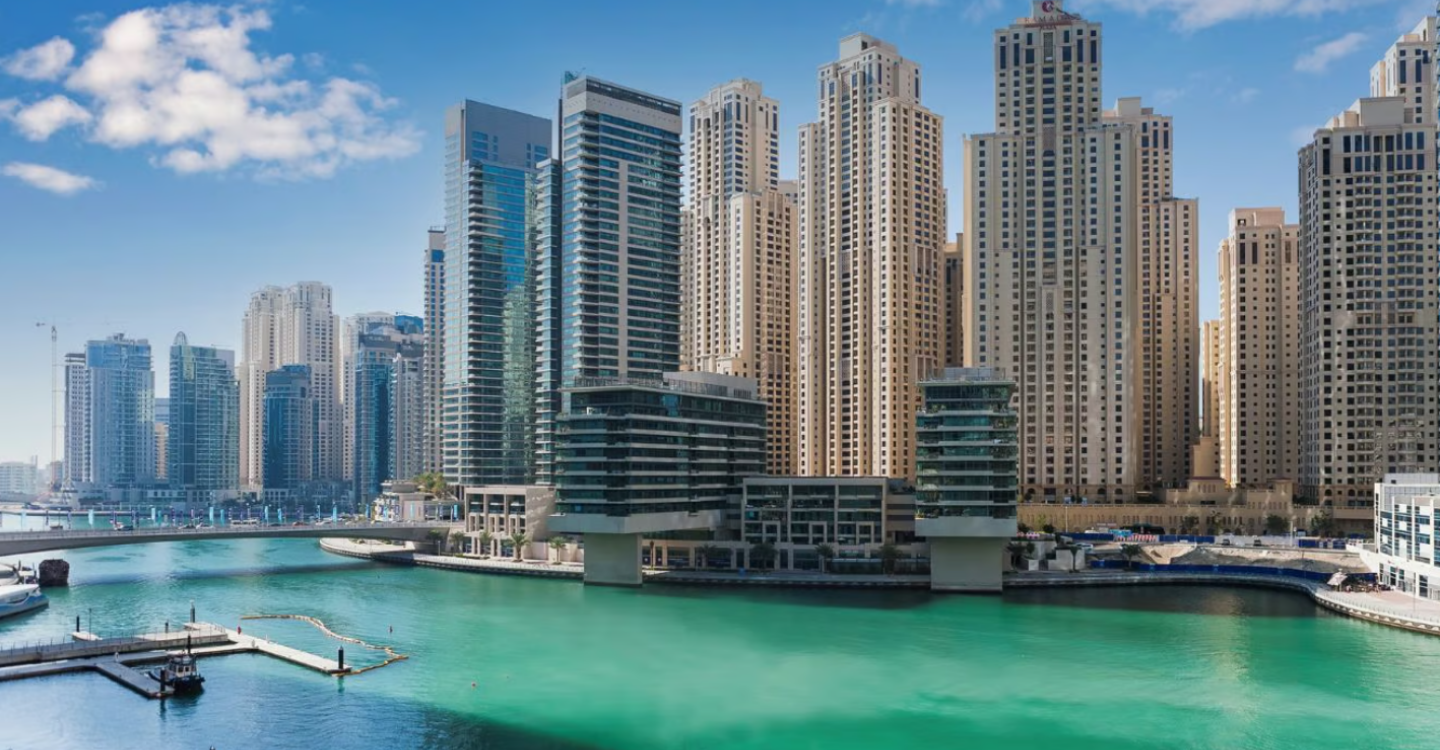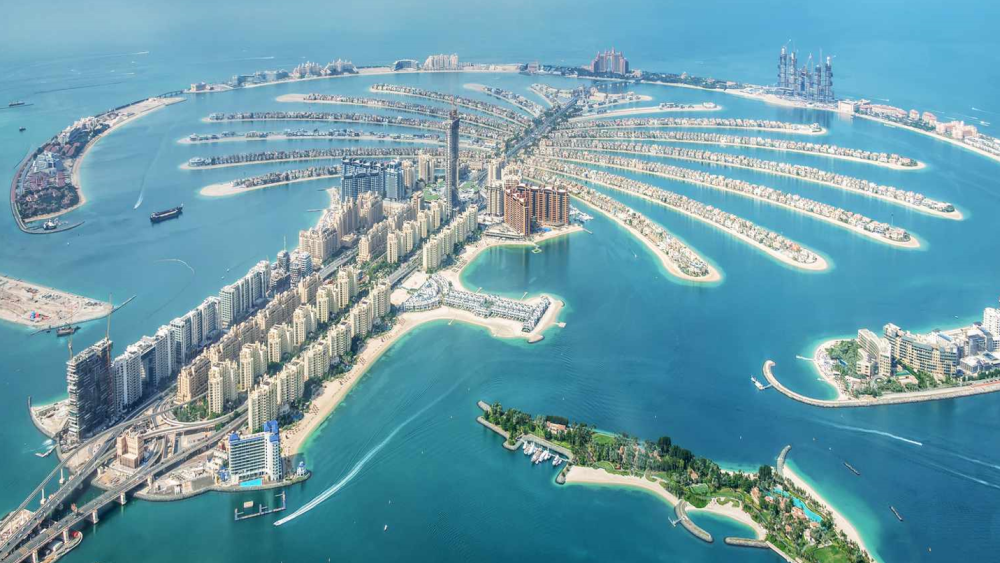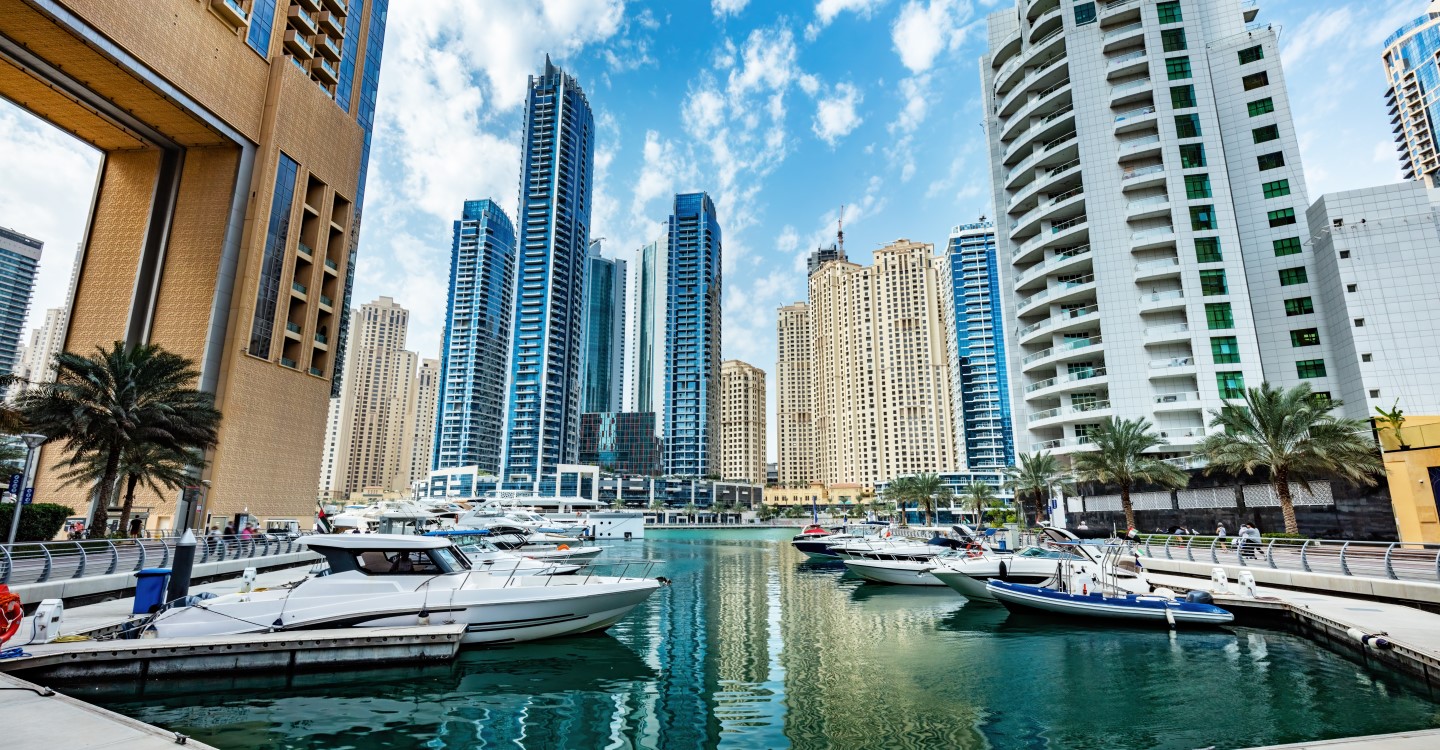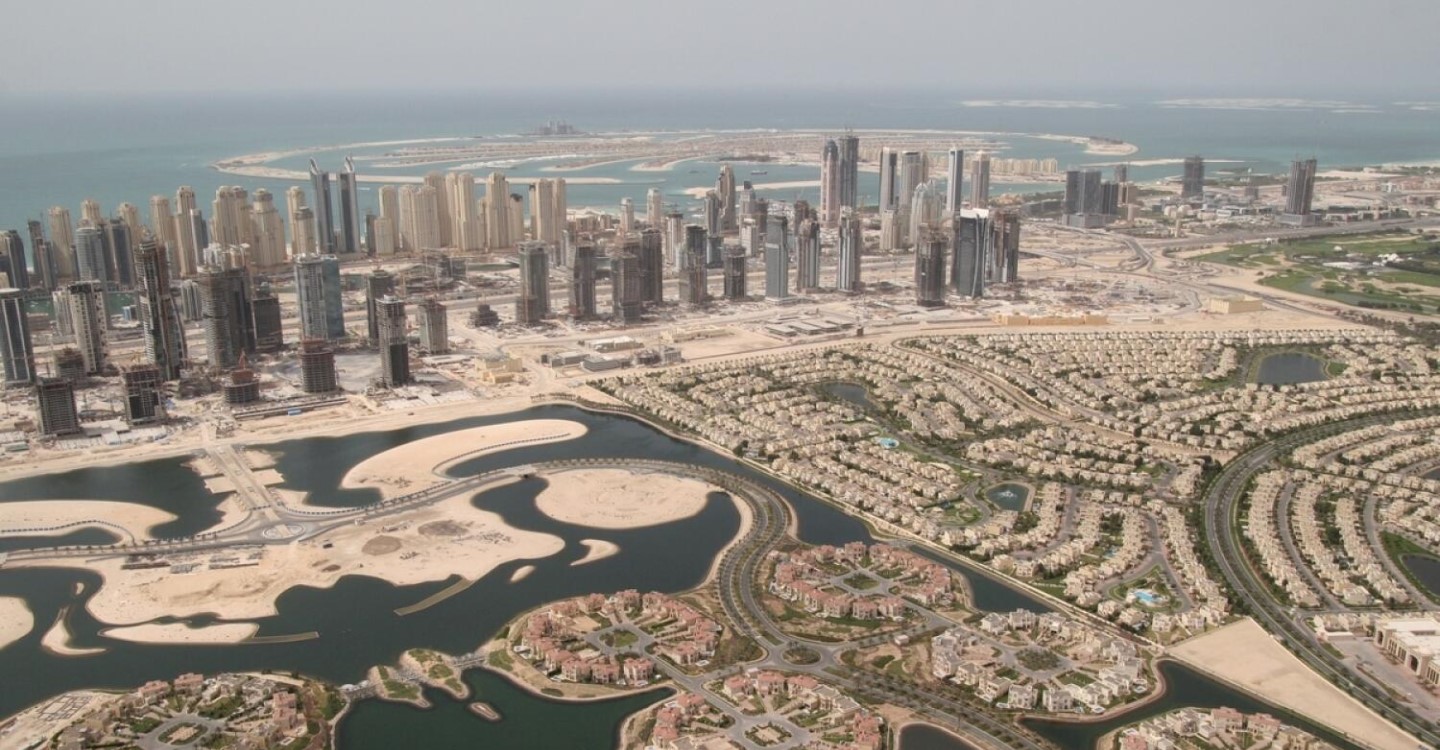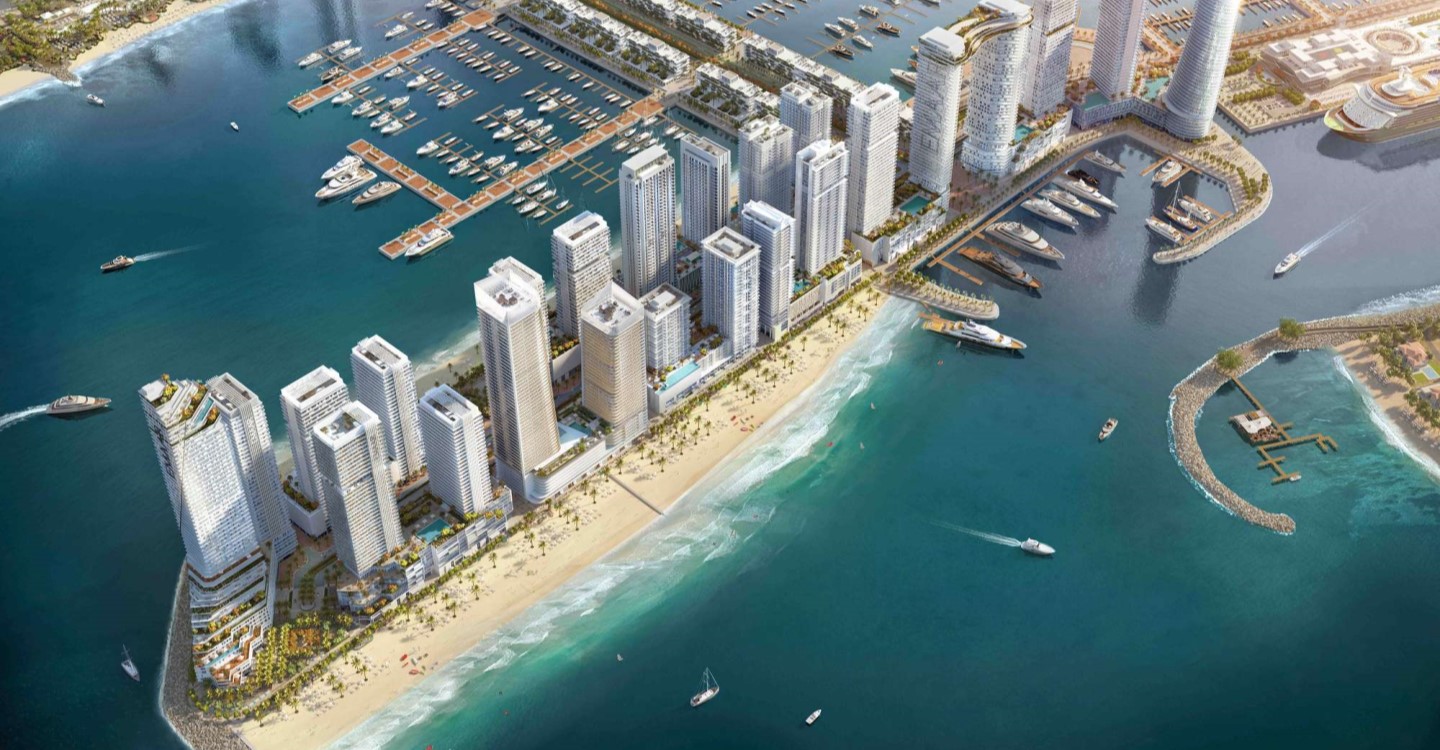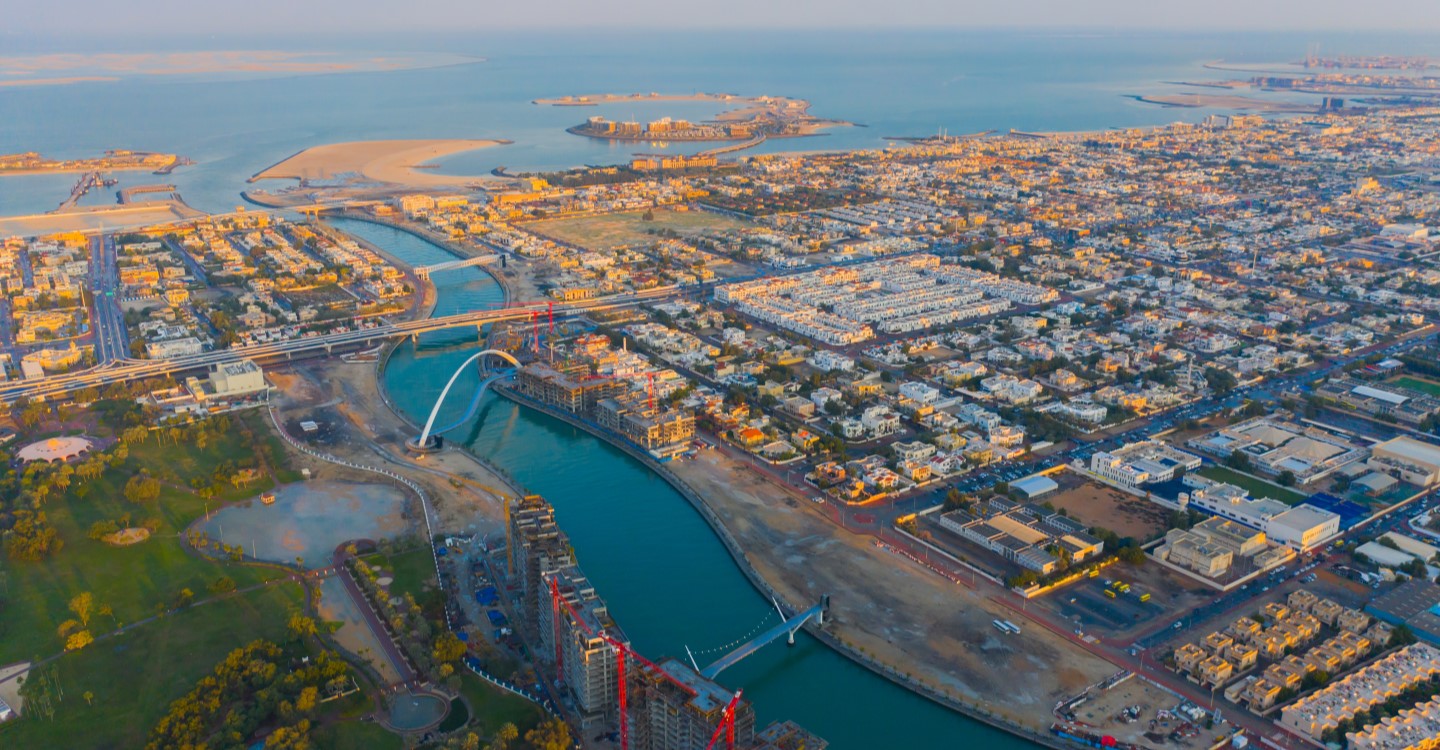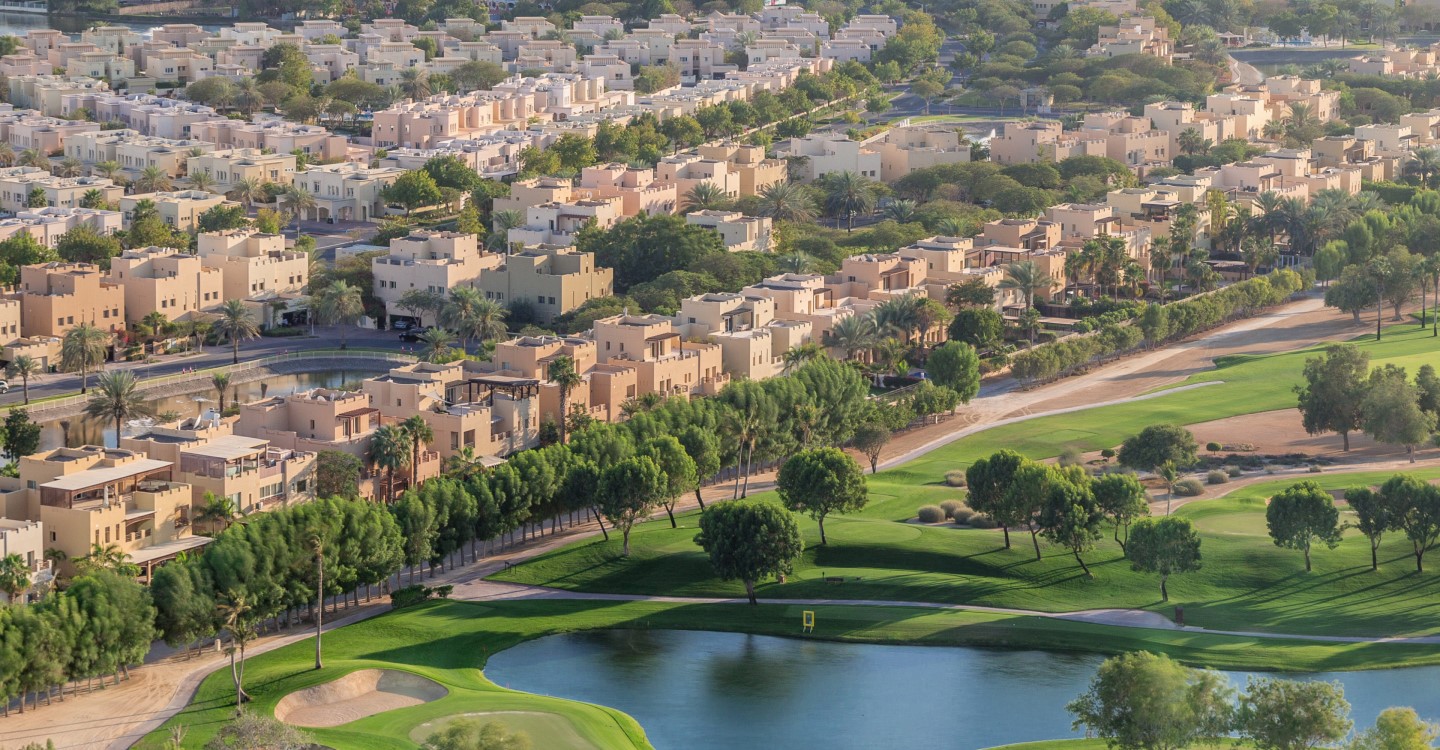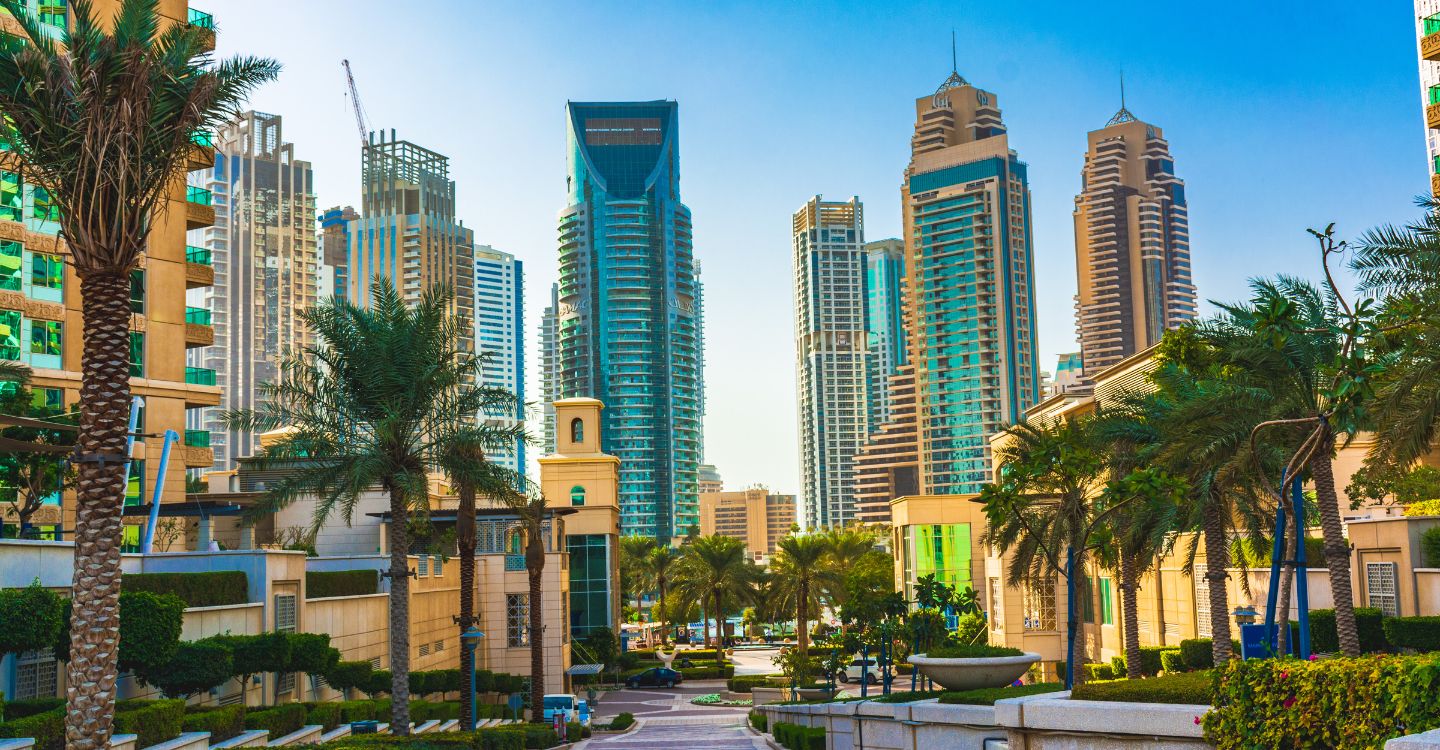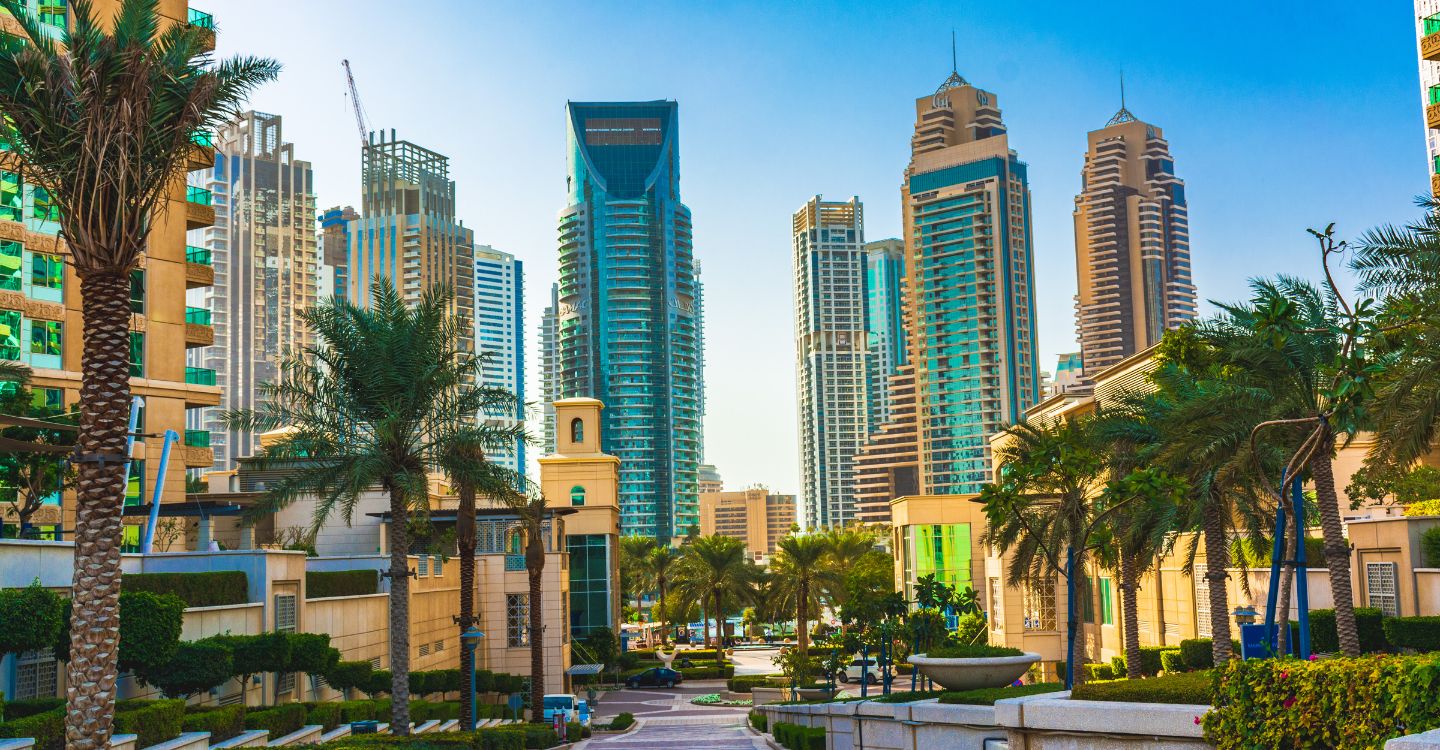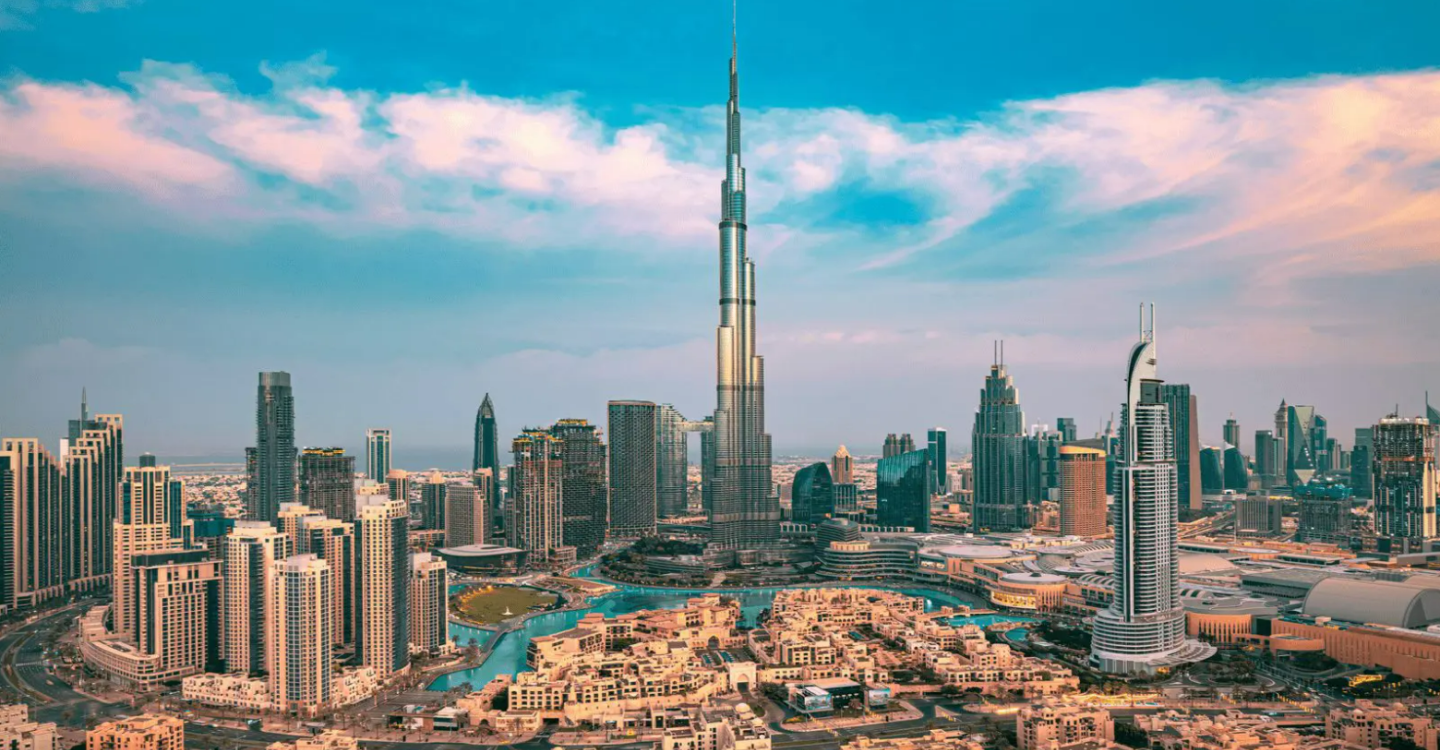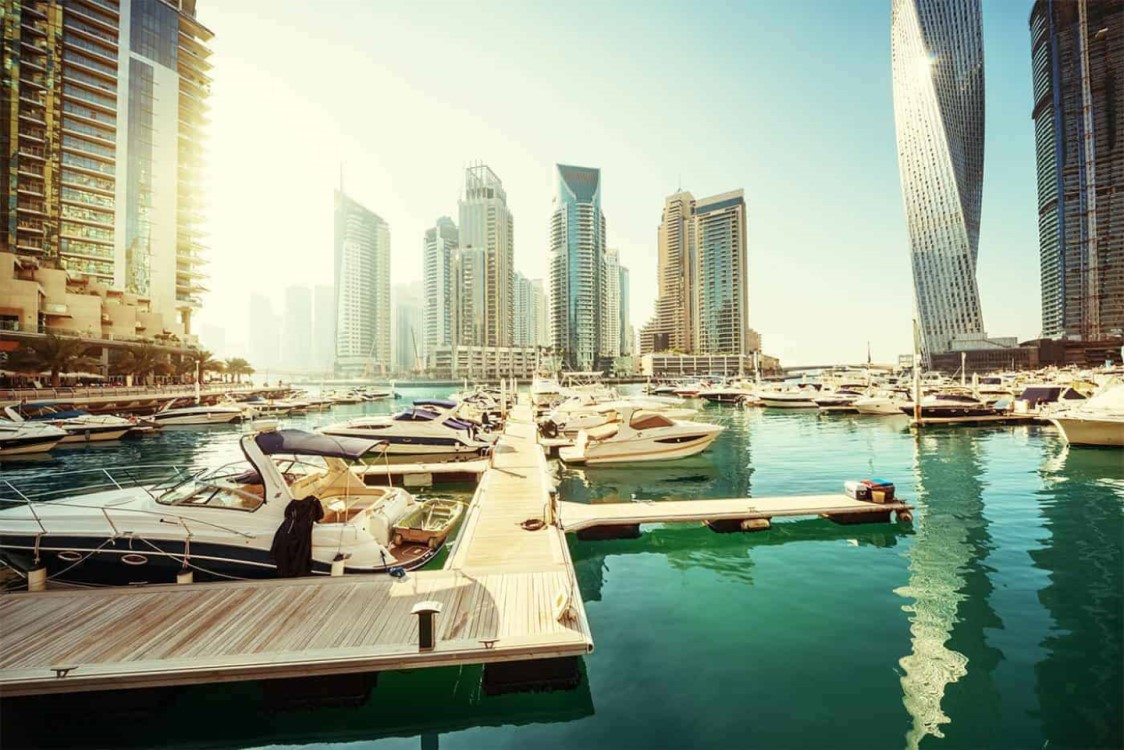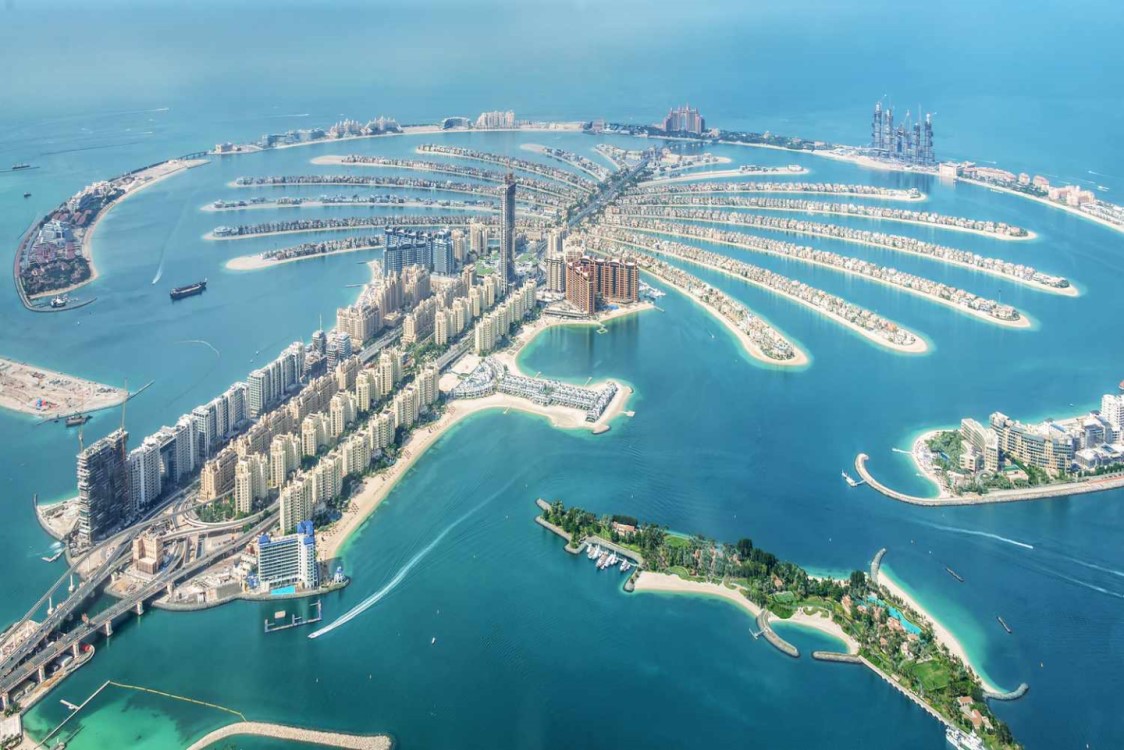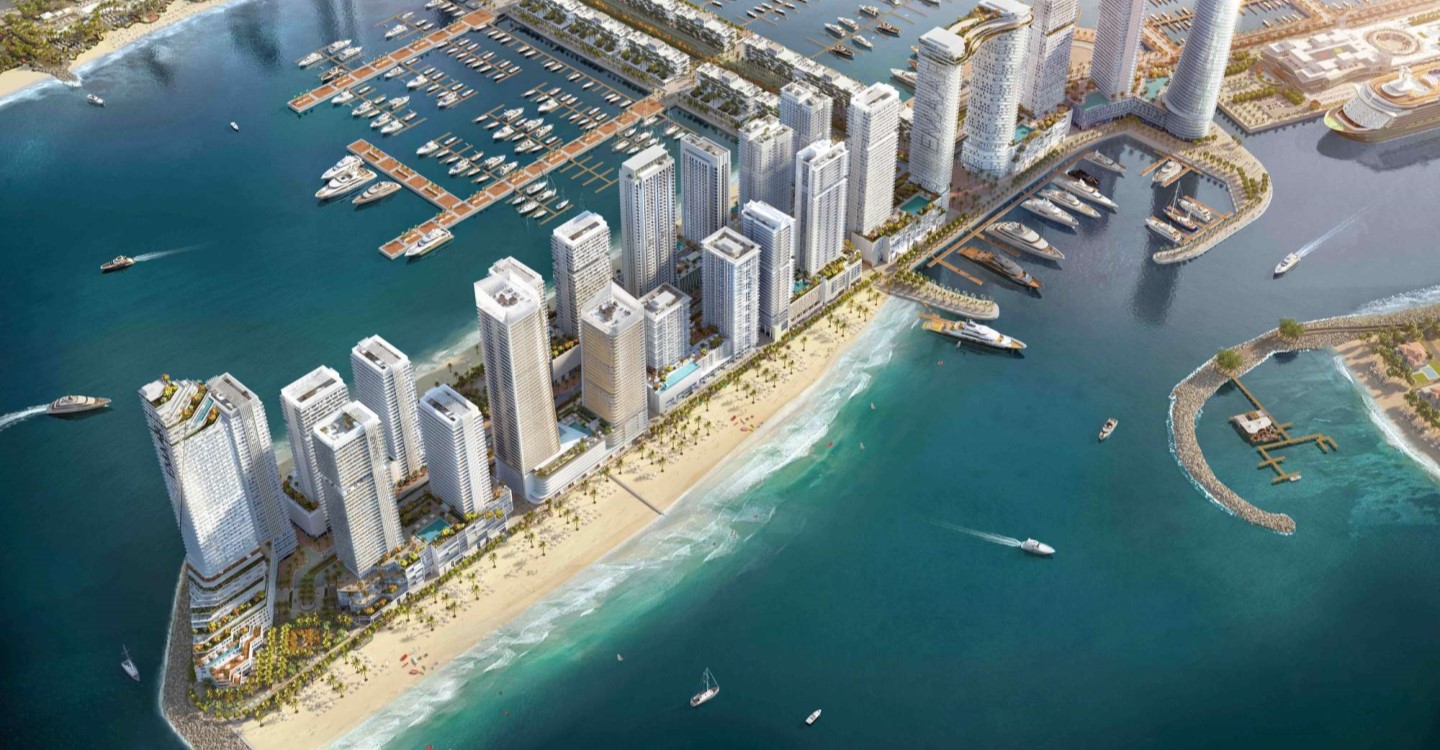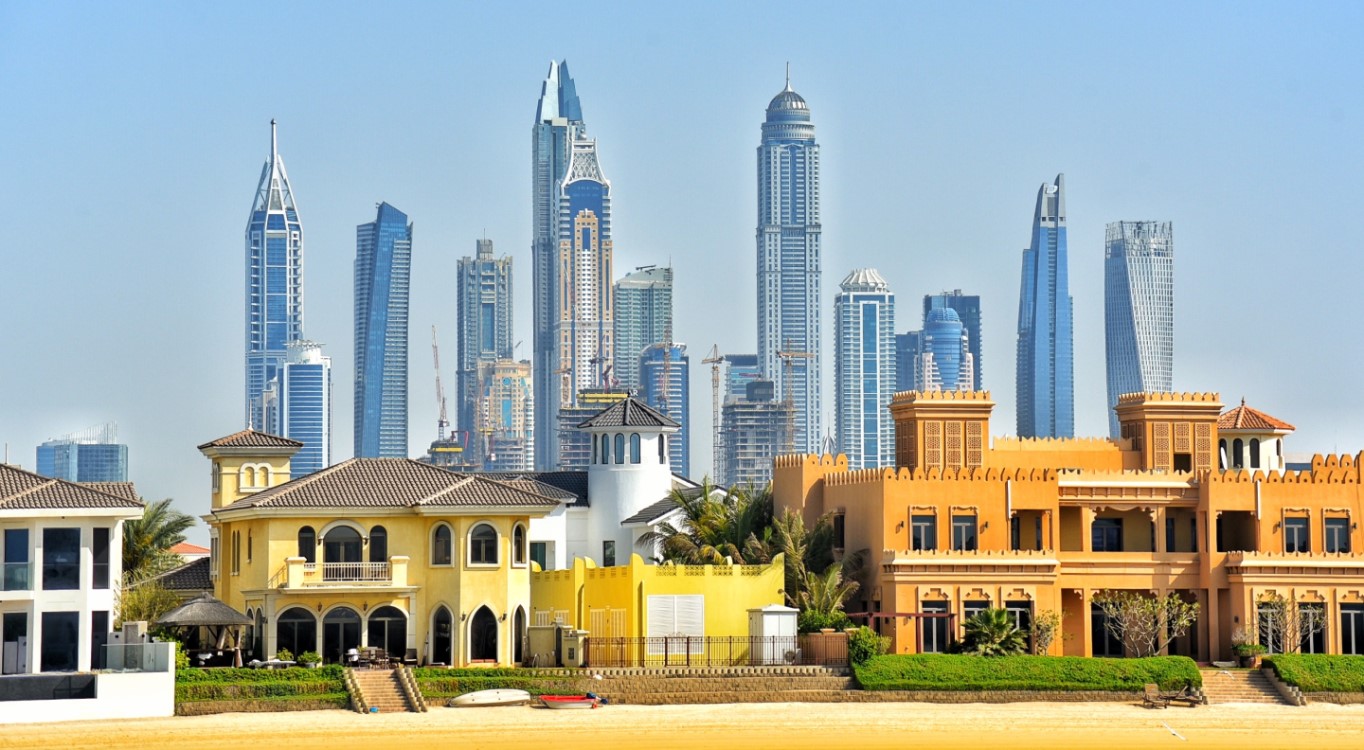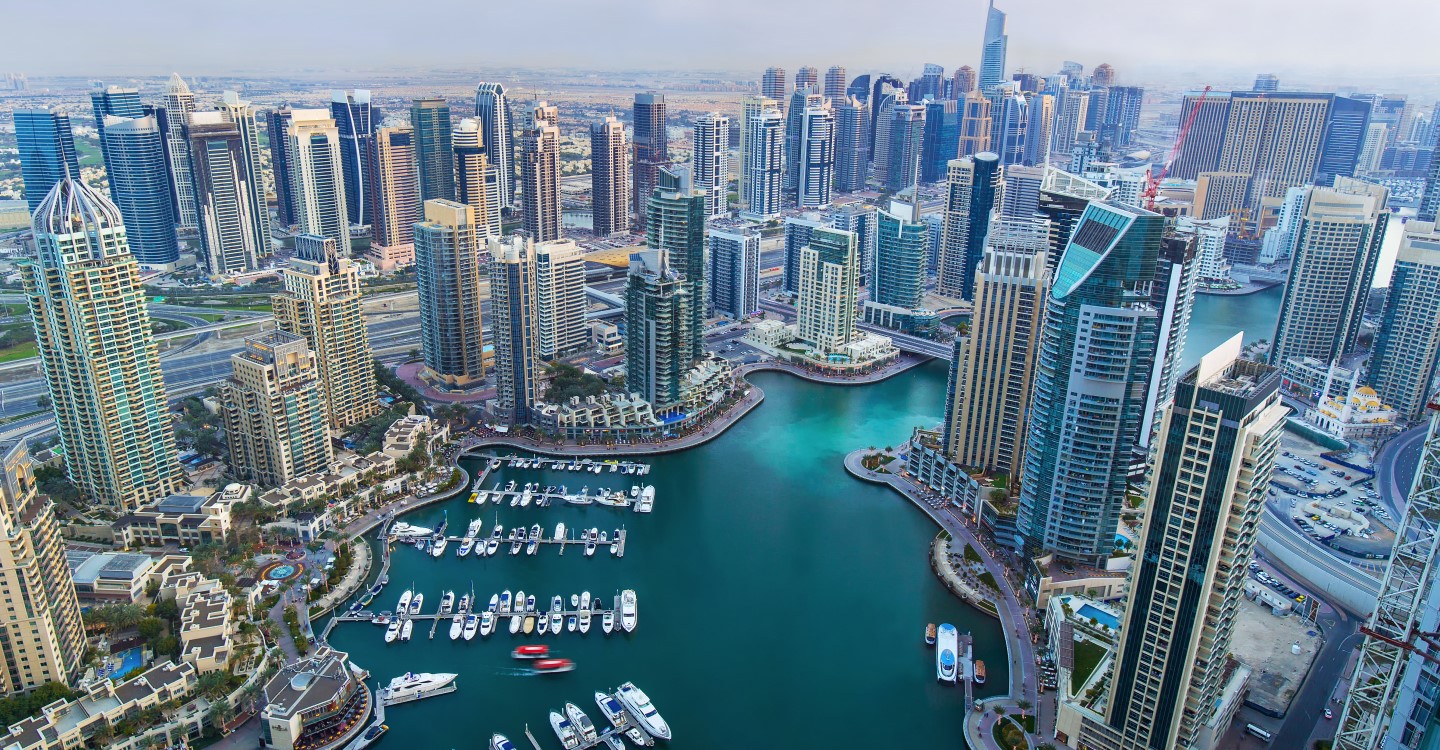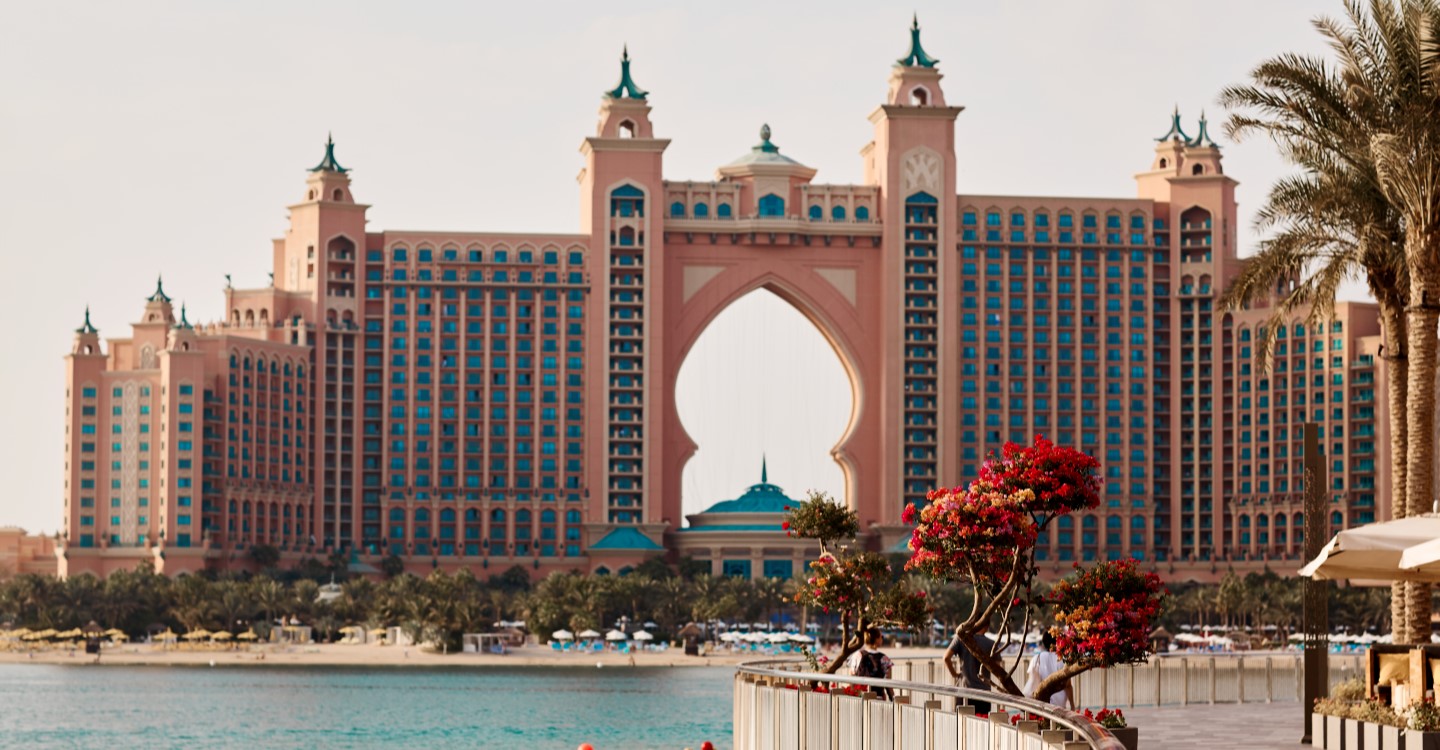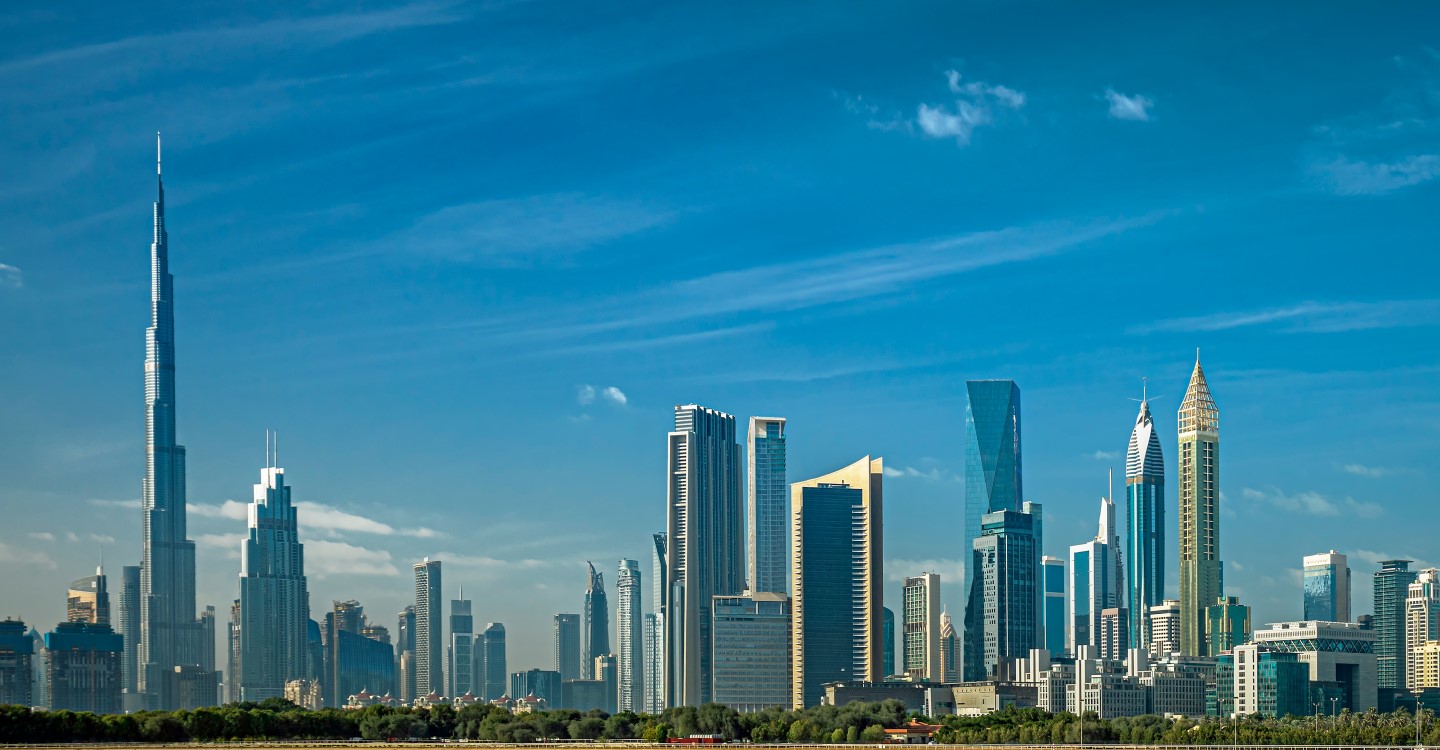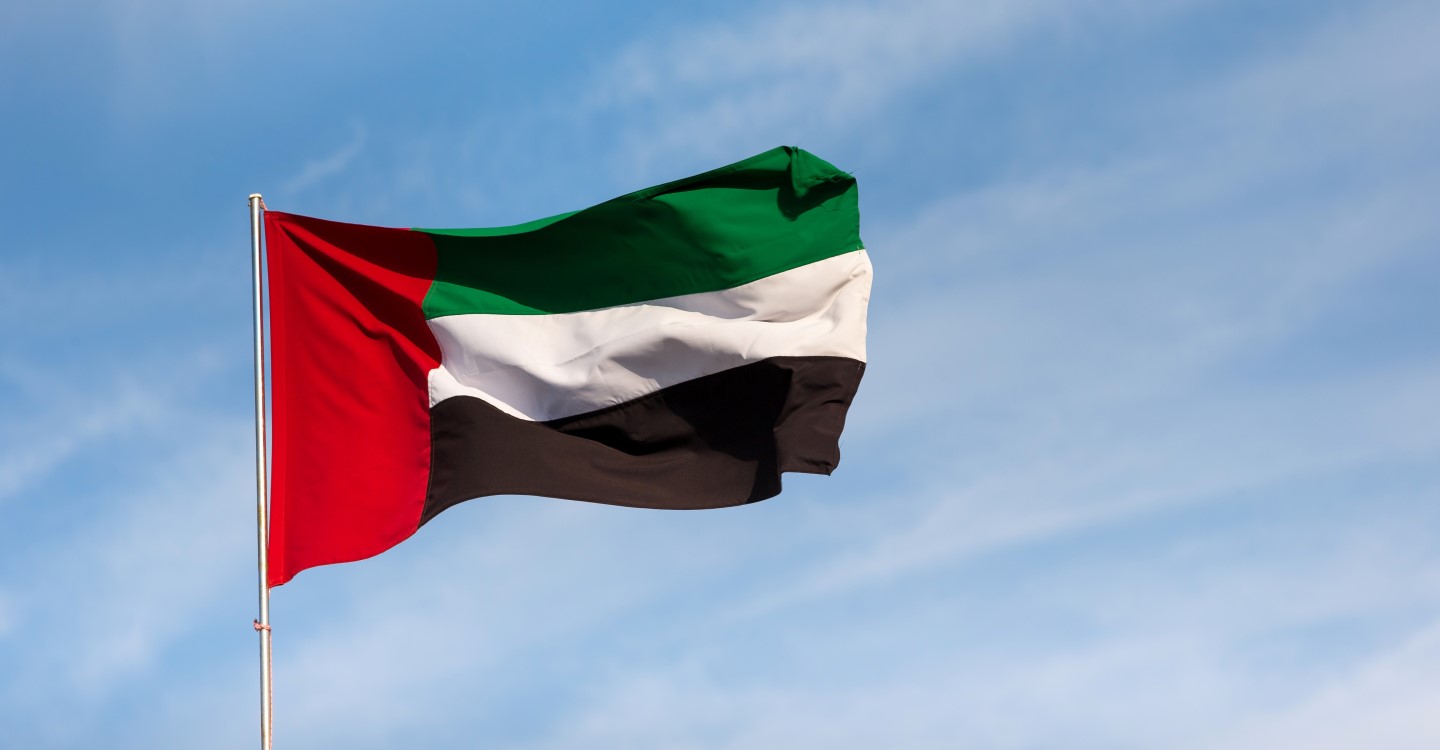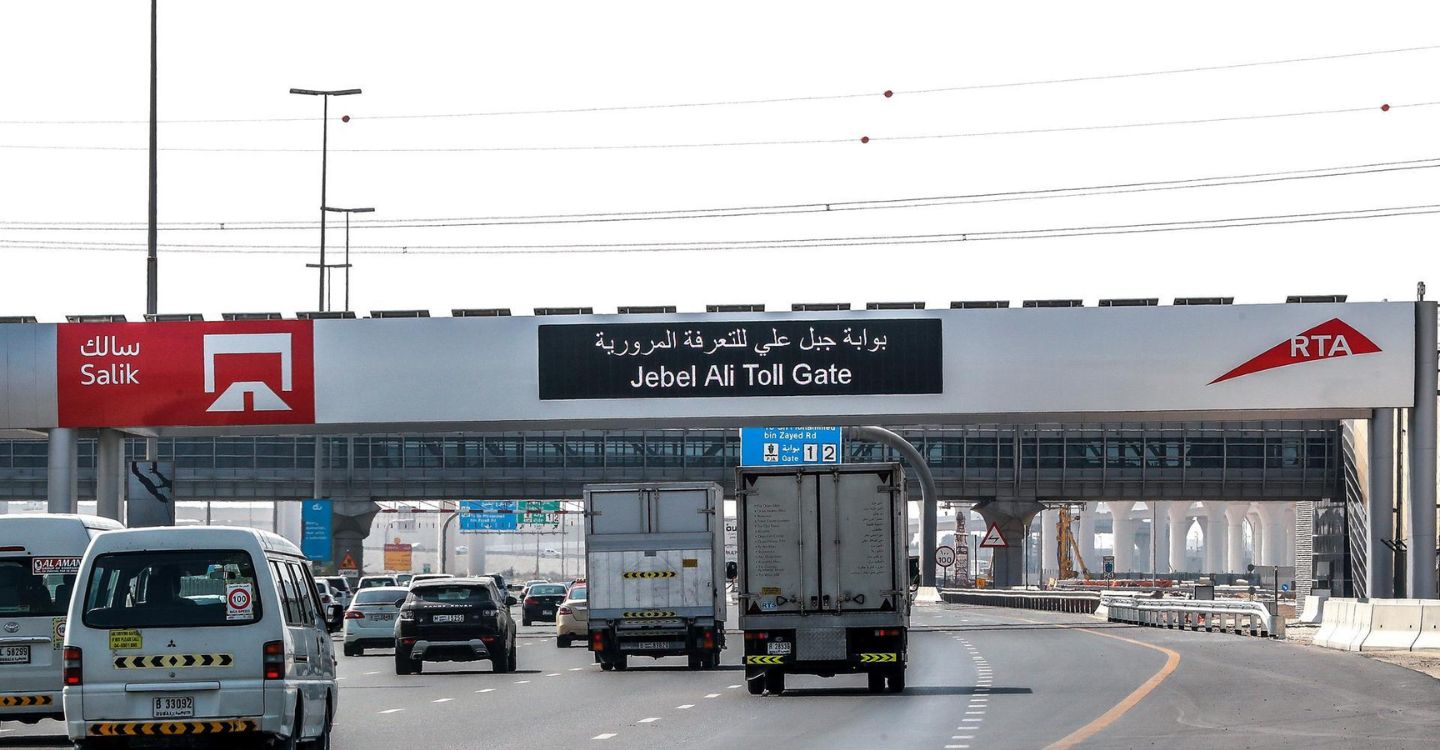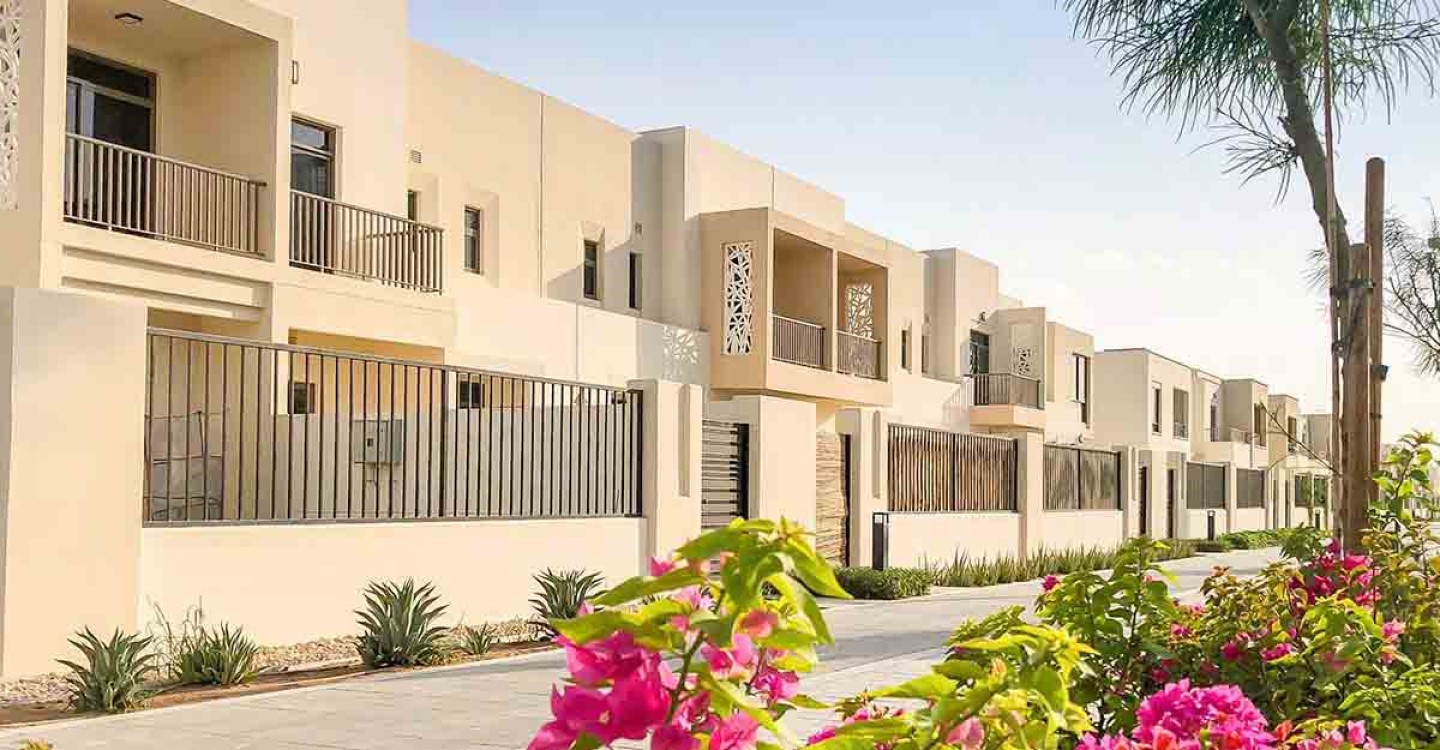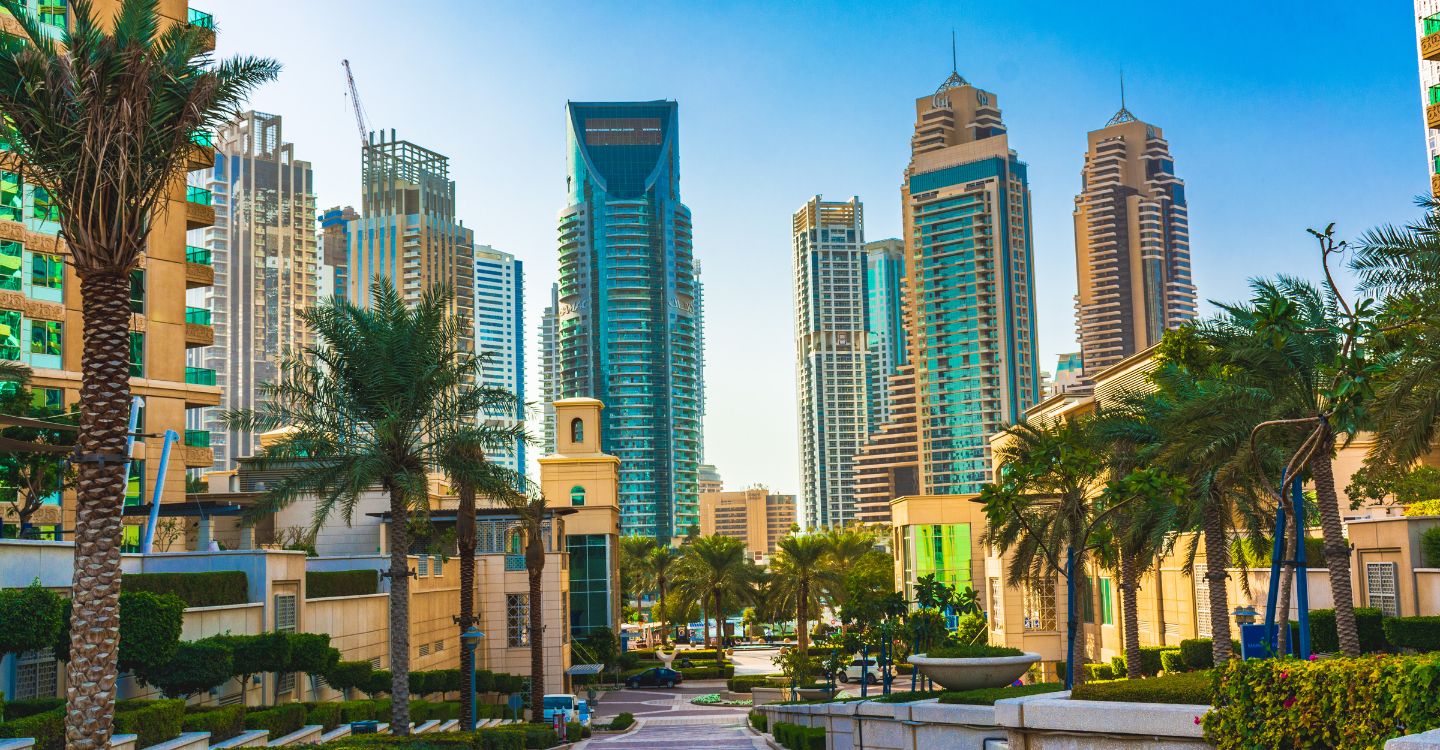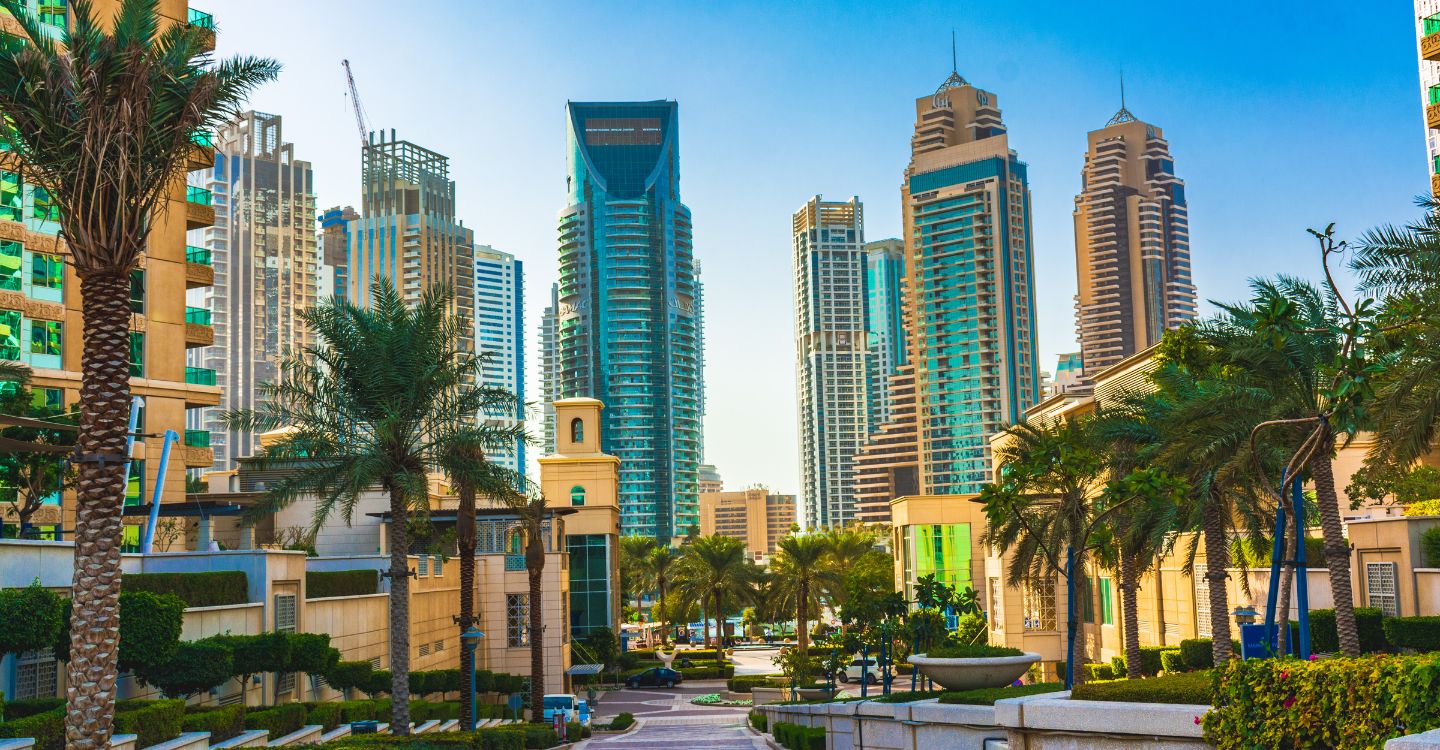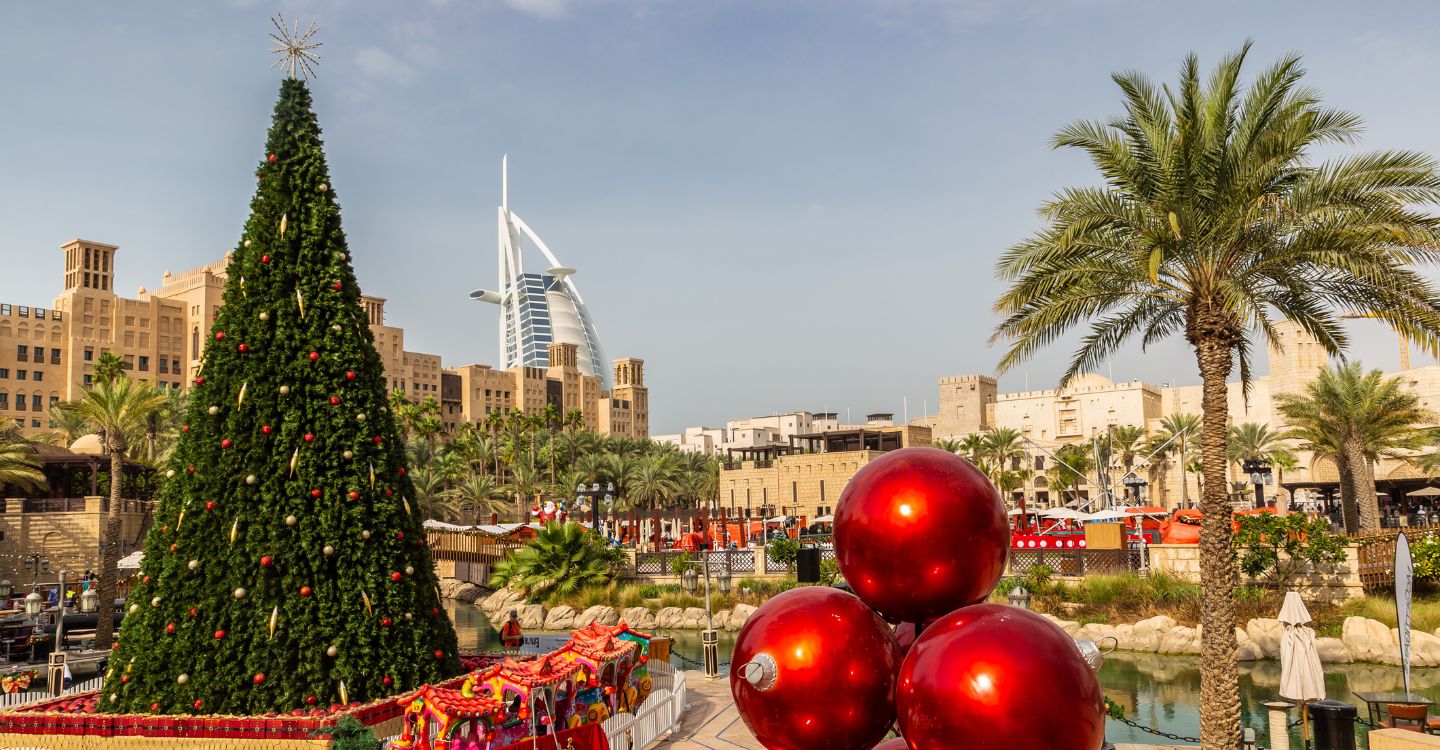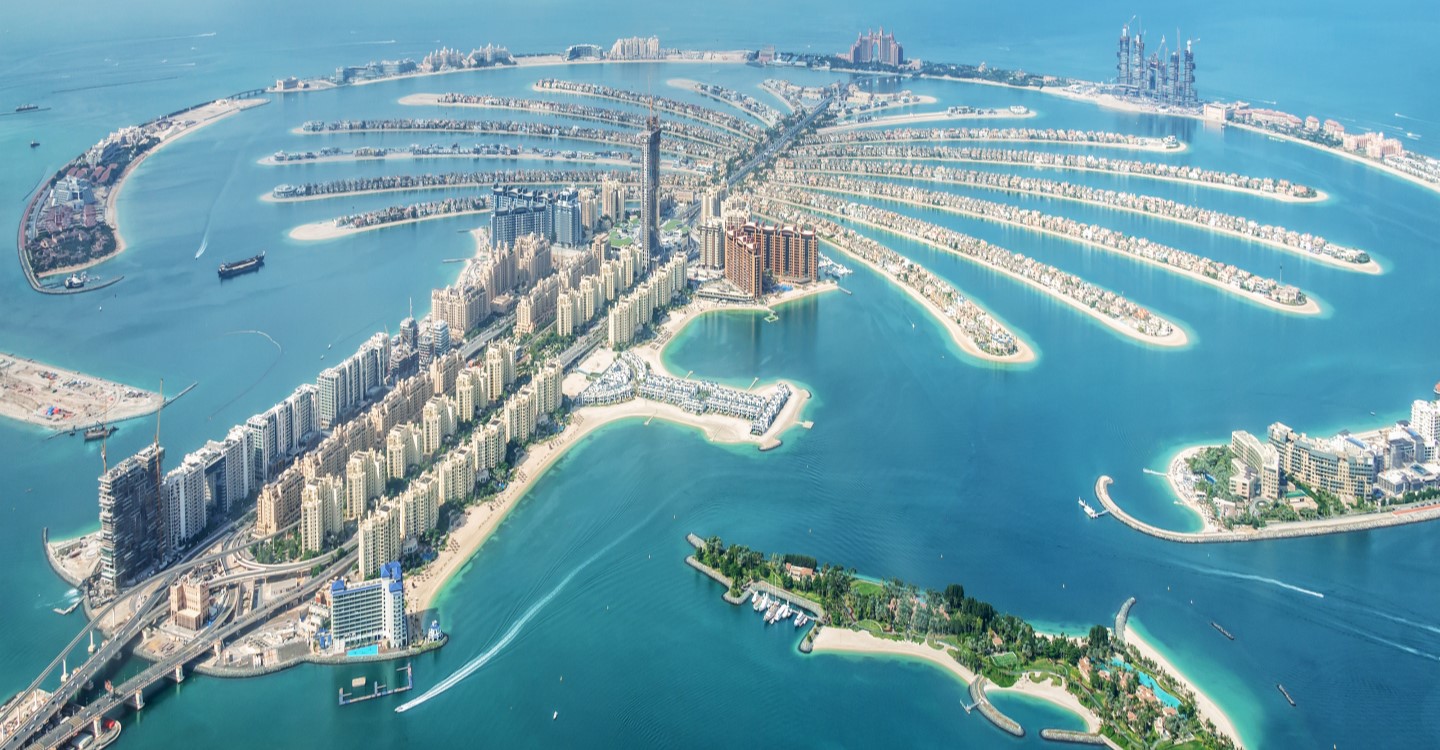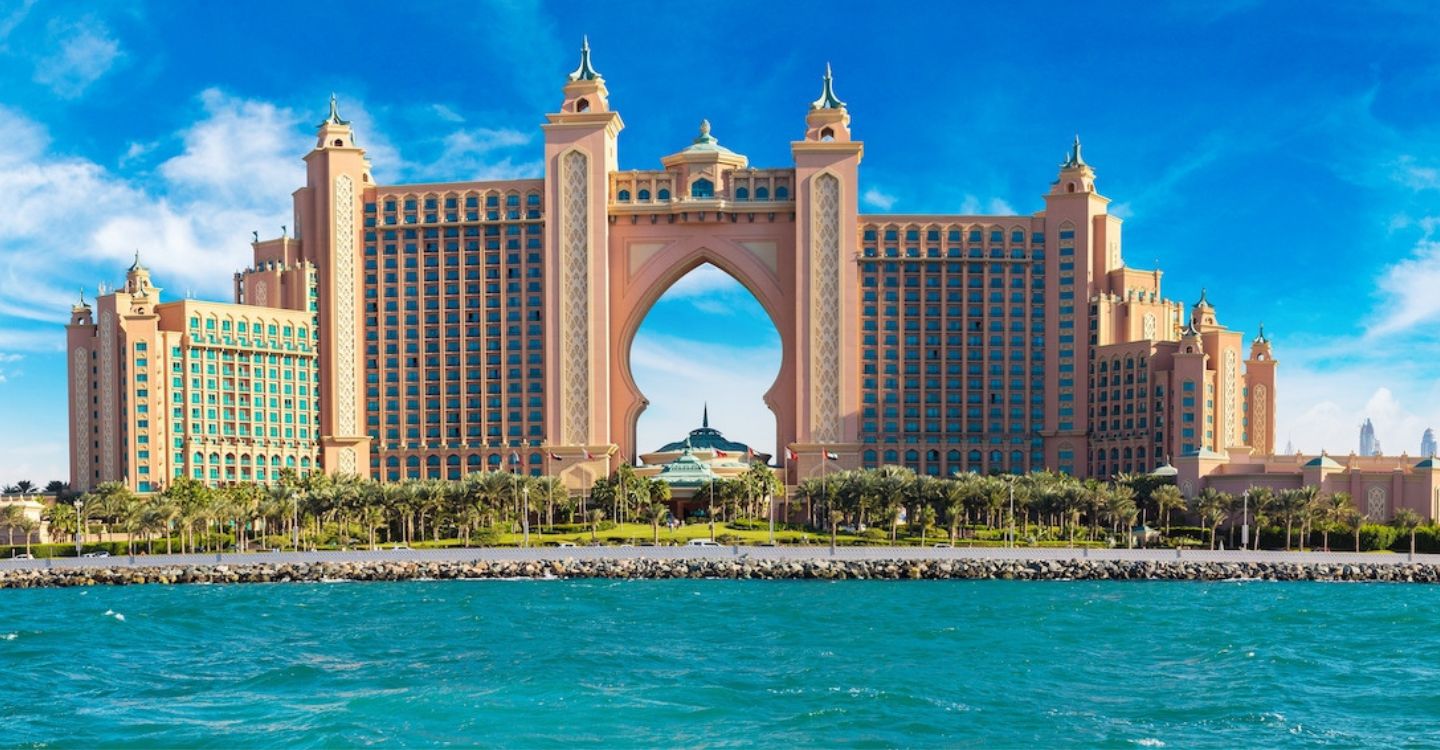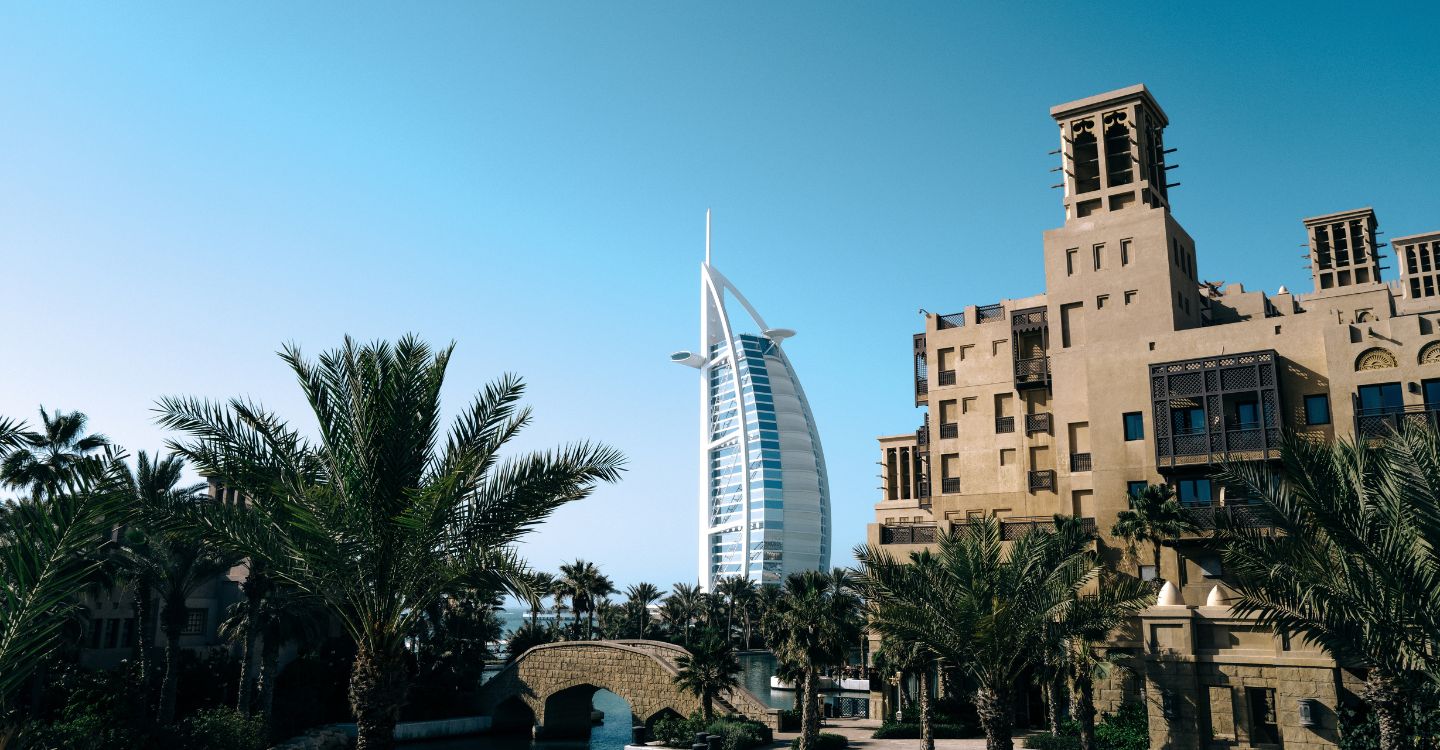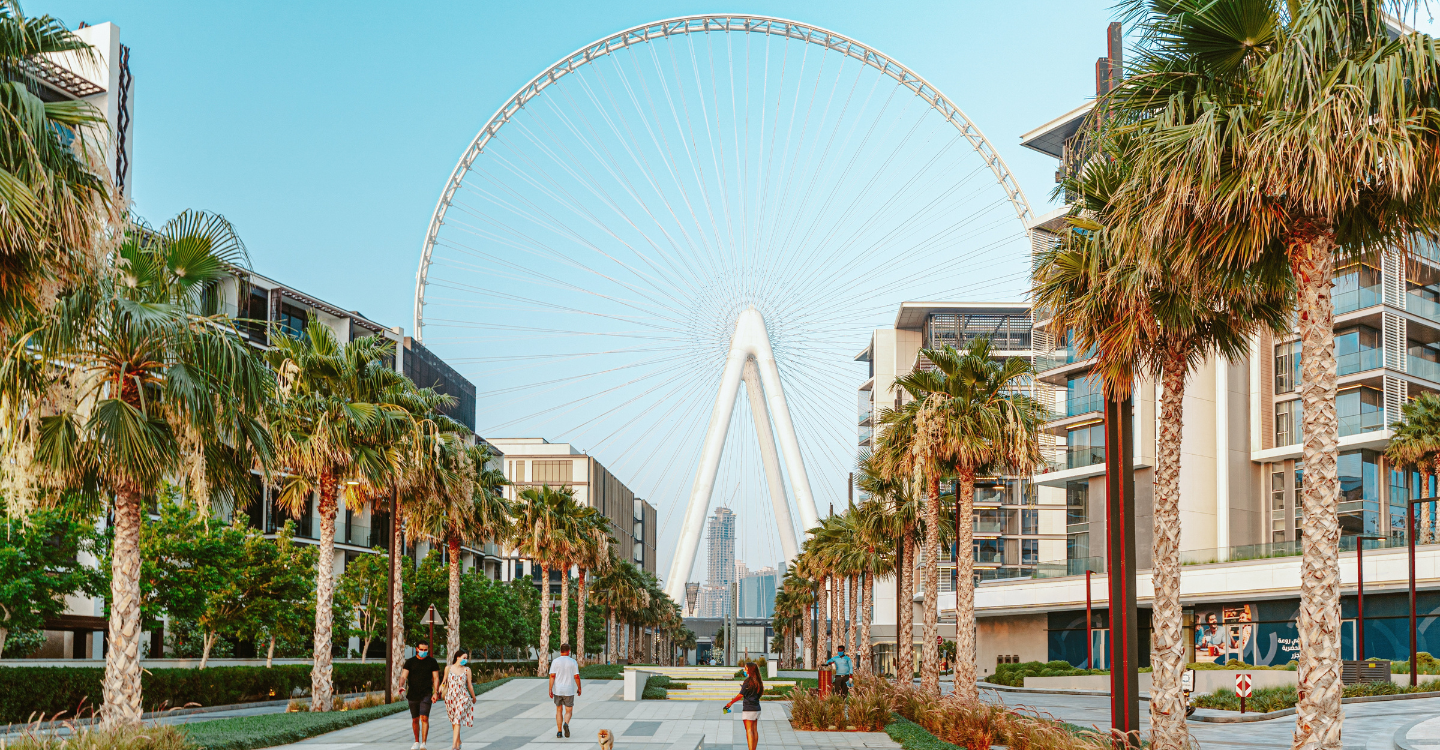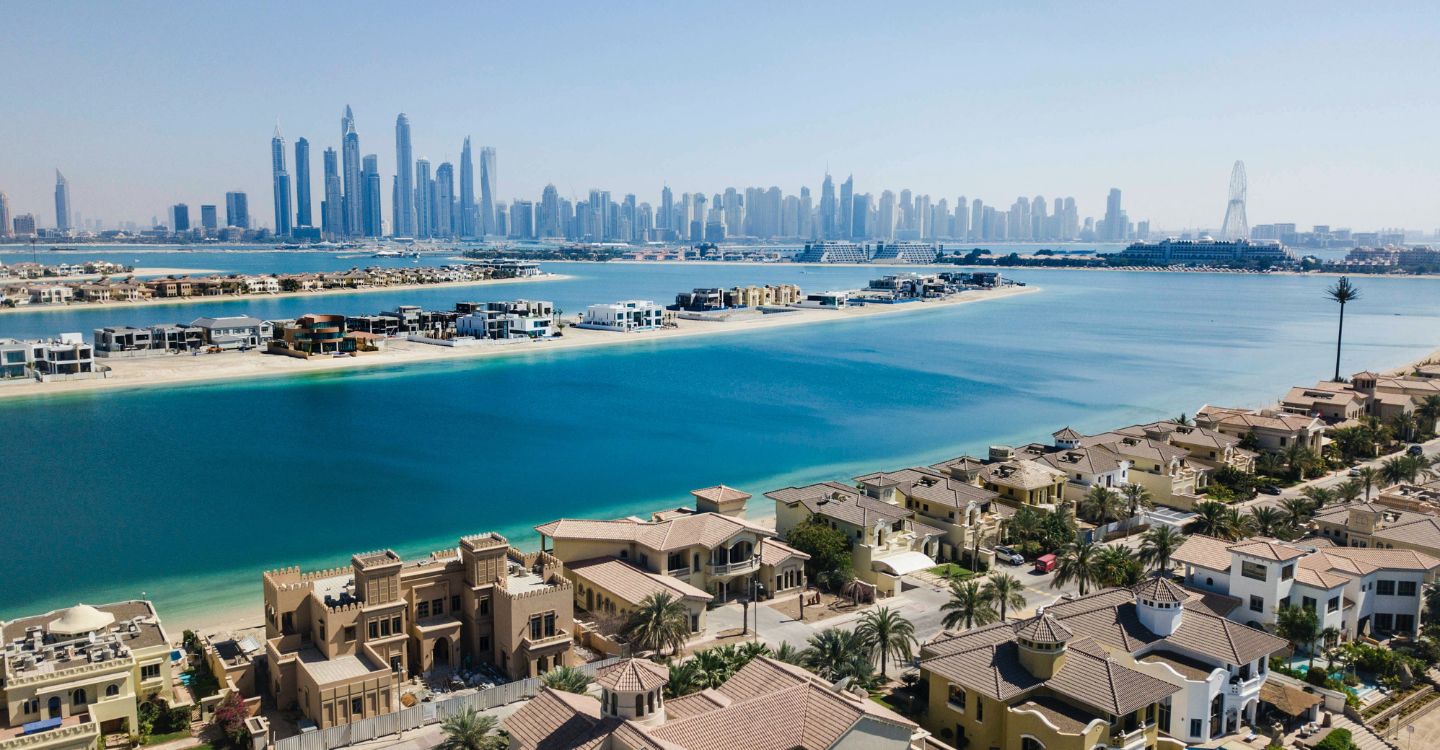Dubai stands out on the global stage as a beacon of opportunity, particularly in its dynamic real estate market and bustling business environment. Investors flock to this city seeking not just returns, but the potential for substantial growth and diversification in their portfolios. What makes Dubai so enticing is not just the traditional avenues of investment like prime real estate ventures, but also the innovative and forward-thinking strategies that have come to define the investment landscape here.
In Dubai, investment possibilities are as diverse as the city itself. From luxury residential properties in iconic neighborhoods to cutting-edge commercial spaces in burgeoning business districts, there's a spectrum of assets waiting to be explored. Moreover, the city's commitment to innovation and sustainability has paved the way for new investment avenues like green developments and technology-driven projects.
To truly capitalize on these opportunities and maximize returns, investors need more than just a surface-level understanding of asset management. They need a deep dive into the core principles that govern successful investments in Dubai. This involves not only analyzing market trends and economic indicators but also understanding the legal and regulatory frameworks that shape investment decisions.
In this comprehensive guide, we delve into the essential asset management strategies tailored specifically for Dubai's unique investment landscape. We'll explore how to identify promising investment opportunities, manage risk effectively, leverage technology for better decision-making, and stay ahead of market shifts. Whether you're a seasoned investor or a newcomer to Dubai's investment scene, this article aims to equip you with the knowledge and tools needed to maximize your returns and navigate the complexities of the Dubai investment arena with confidence.
1. Diversification Across Asset Classes
Diversification is akin to spreading your investment eggs across multiple baskets to reduce risk and enhance potential returns. In Dubai, this strategy takes on added significance due to the diverse array of investment options available. Beyond just real estate, investors can explore equities, bonds, and alternative investments like private equity and venture capital.
By diversifying across these asset classes, investors can cushion themselves against the impact of market volatility. For instance, if the real estate market experiences a downturn, gains from a well-performing equity portfolio could offset those losses. Additionally, diversification allows investors to tap into growth opportunities across different sectors. For example, while real estate might be booming in certain areas, the technology sector could be experiencing rapid growth, providing additional avenues for returns.
Moreover, diversification isn't just about asset classes; it also extends to geographical regions and industries. Investing in different sectors of the Dubai economy and exploring opportunities in neighboring regions can further enhance portfolio resilience and unlock potential returns. This strategic approach to diversification aligns with the dynamic nature of Dubai's investment landscape, where opportunities abound but prudent risk management remains paramount.
2. Real Estate Investment
Investing in real estate holds a special allure in Dubai, a city renowned for its dynamic property market and investor-friendly environment. This sector is not just about buying and selling properties; it's about tapping into a wealth-building asset class that promises attractive returns and sustained value appreciation over time. From luxurious residential properties in sought-after neighborhoods to bustling commercial spaces in vibrant business districts, Dubai's real estate landscape offers a diverse range of opportunities for investors.
One of the key attractions of real estate investment in Dubai is its potential for significant returns. Whether it's through rental income from residential units or leasing out commercial spaces, real estate investments can provide a steady stream of income, making them an appealing choice for investors looking to build passive income streams. Moreover, the capital appreciation potential of properties in Dubai is well-documented, with many investors reaping substantial profits from buying and selling real estate assets at opportune times.
Beyond financial gains, investing in real estate in Dubai also offers the advantage of portfolio diversification. Real estate tends to have a low correlation with traditional financial assets like stocks and bonds, meaning it can act as a hedge against market volatility. This diversification benefit is particularly valuable for investors seeking to balance risk and return in their investment portfolios.
Key strategies for maximizing returns in Dubai's real estate market include:
• Location Analysis: Conduct thorough research on prime locations with high demand and potential for growth, such as Dubai Marina, Downtown Dubai, and Business Bay.
• Off-Plan Investments: Consider investing in off-plan properties to capitalize on pre-launch prices and favorable payment plans offered by developers.
• Rental Yield Optimization: Focus on properties with high rental yields, attractive amenities, and proximity to key facilities like schools, shopping centers, and transportation hubs.
• Market Timing: Monitor market trends and economic indicators to identify optimal times for buying, selling, or holding real estate assets.
3. Equity Investments
Investing in equities is a dynamic avenue for capital growth and income generation, especially within Dubai's vibrant financial markets such as the Dubai Financial Market (DFM) and NASDAQ Dubai. These markets showcase a diverse array of publicly traded companies across various sectors, presenting investors with ample opportunities to capitalize on market movements and company performance.
One of the primary attractions of equity investments lies in their potential for capital appreciation. By purchasing shares of well-performing companies, investors can benefit from the upward trajectory of stock prices over time. This growth potential is often fueled by strong corporate fundamentals, market demand for company products or services, and overall economic growth in Dubai and the broader region.
In addition to capital appreciation, equity investments can also yield dividend income. Many companies listed on the DFM and NASDAQ Dubai distribute dividends to shareholders as a share of their profits. This dividend income adds another layer of returns for investors, making equity investments a compelling choice for those seeking both growth and income from their portfolios.
When delving into equity investments, it's crucial to employ key strategies to optimize returns and manage risk effectively. These strategies may include:
• Sectoral Analysis: Analyze sectors poised for growth in Dubai, such as technology, healthcare, renewable energy, and logistics.
• Stock Selection: Conduct thorough research on individual stocks, considering factors like financial performance, management quality, competitive positioning, and growth prospects.
• Risk Management: Implement risk management strategies such as stop-loss orders, diversification across industries, and regular portfolio rebalancing.
4. Alternative Investments
Investing in equities is a dynamic avenue for capital growth and income generation, especially within Dubai's vibrant financial markets such as the Dubai Financial Market (DFM) and NASDAQ Dubai. These markets showcase a diverse array of publicly traded companies across various sectors, presenting investors with ample opportunities to capitalize on market movements and company performance.
One of the primary attractions of equity investments lies in their potential for capital appreciation. By purchasing shares of well-performing companies, investors can benefit from the upward trajectory of stock prices over time. This growth potential is often fueled by strong corporate fundamentals, market demand for company products or services, and overall economic growth in Dubai and the broader region.
In addition to capital appreciation, equity investments can also yield dividend income. Many companies listed on the DFM and NASDAQ Dubai distribute dividends to shareholders as a share of their profits. This dividend income adds another layer of returns for investors, making equity investments a compelling choice for those seeking both growth and income from their portfolios.
When delving into equity investments, it's crucial to employ key strategies to optimize returns and manage risk effectively. These strategies may include:
• Private Equity: Invest in private companies or venture capital funds focused on emerging industries or innovative startups.
• Real Estate Investment Trusts (REITs): Participate in REITs that offer exposure to diversified real estate portfolios, providing regular income through dividends.
• Commodities and Precious Metals: Consider allocations to commodities like gold, silver, and oil to hedge against inflation and geopolitical risks.
5. Risk Management and Portfolio Monitoring
In asset management, effective risk management strategies play a pivotal role in safeguarding capital and optimizing returns for investors. These strategies encompass several critical aspects:
• Asset Allocation: Allocate assets based on risk tolerance, investment objectives, and time horizon, balancing between growth-oriented and defensive assets.
• Portfolio Monitoring: Regularly review and assess the performance of investment portfolios, making adjustments as needed based on market conditions, economic outlook, and individual goals.
• Diversification: Maintain a well-diversified portfolio across asset classes, regions, and investment styles to minimize concentration risk.
Conclusion
Exploring alternative investments further diversifies portfolios, potentially enhancing returns. Alternative investments in Dubai can include private equity, venture capital, and other non-traditional assets, each offering unique opportunities for growth and income generation.
Effective risk management practices are crucial to protect capital and optimize returns. This involves thorough due diligence, continuous monitoring, and proactive adjustments to the investment strategy in response to changing market conditions. By staying vigilant, analyzing performance metrics, and adapting strategies as needed, investors can navigate Dubai's dynamic investment landscape with resilience and confidence.




















